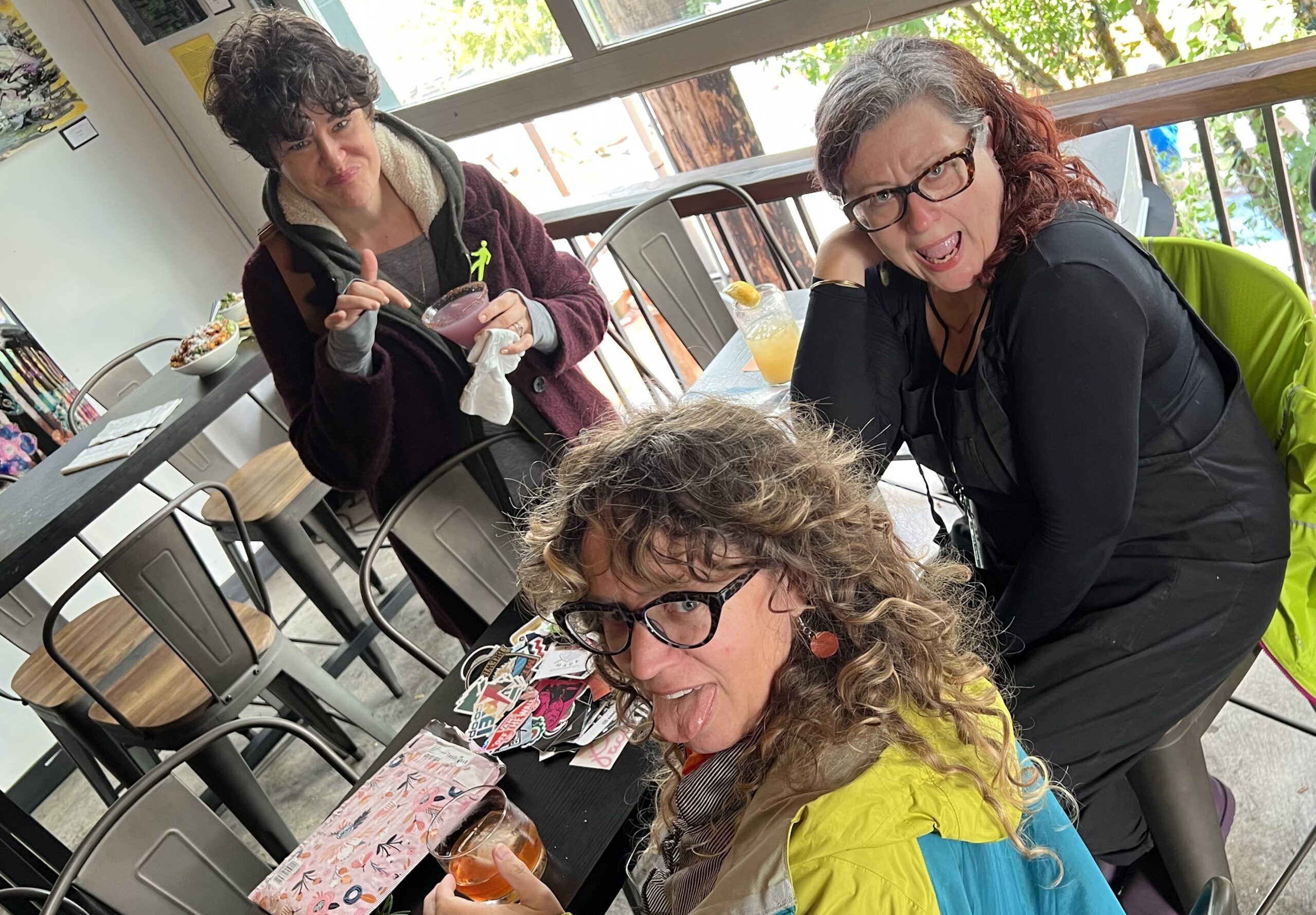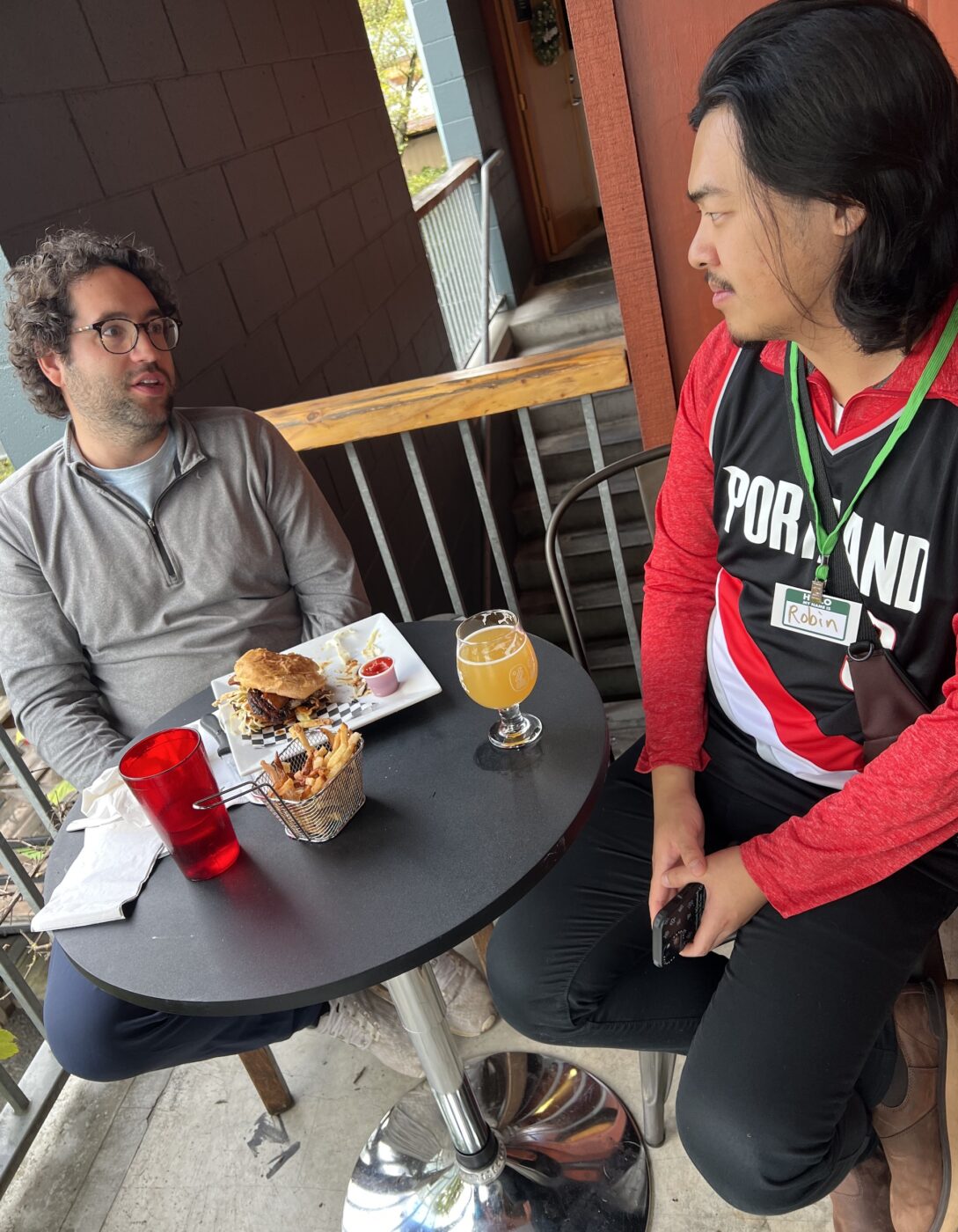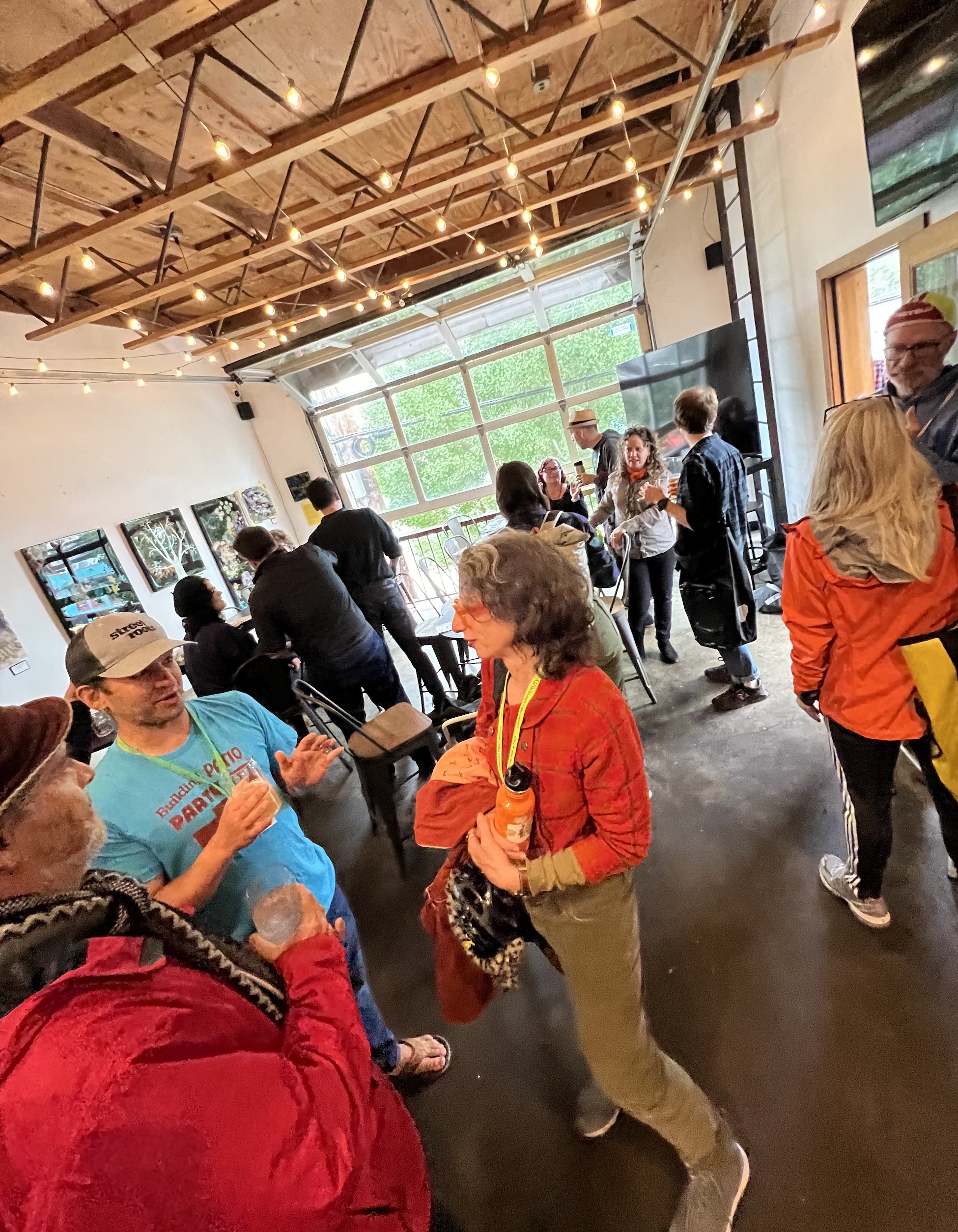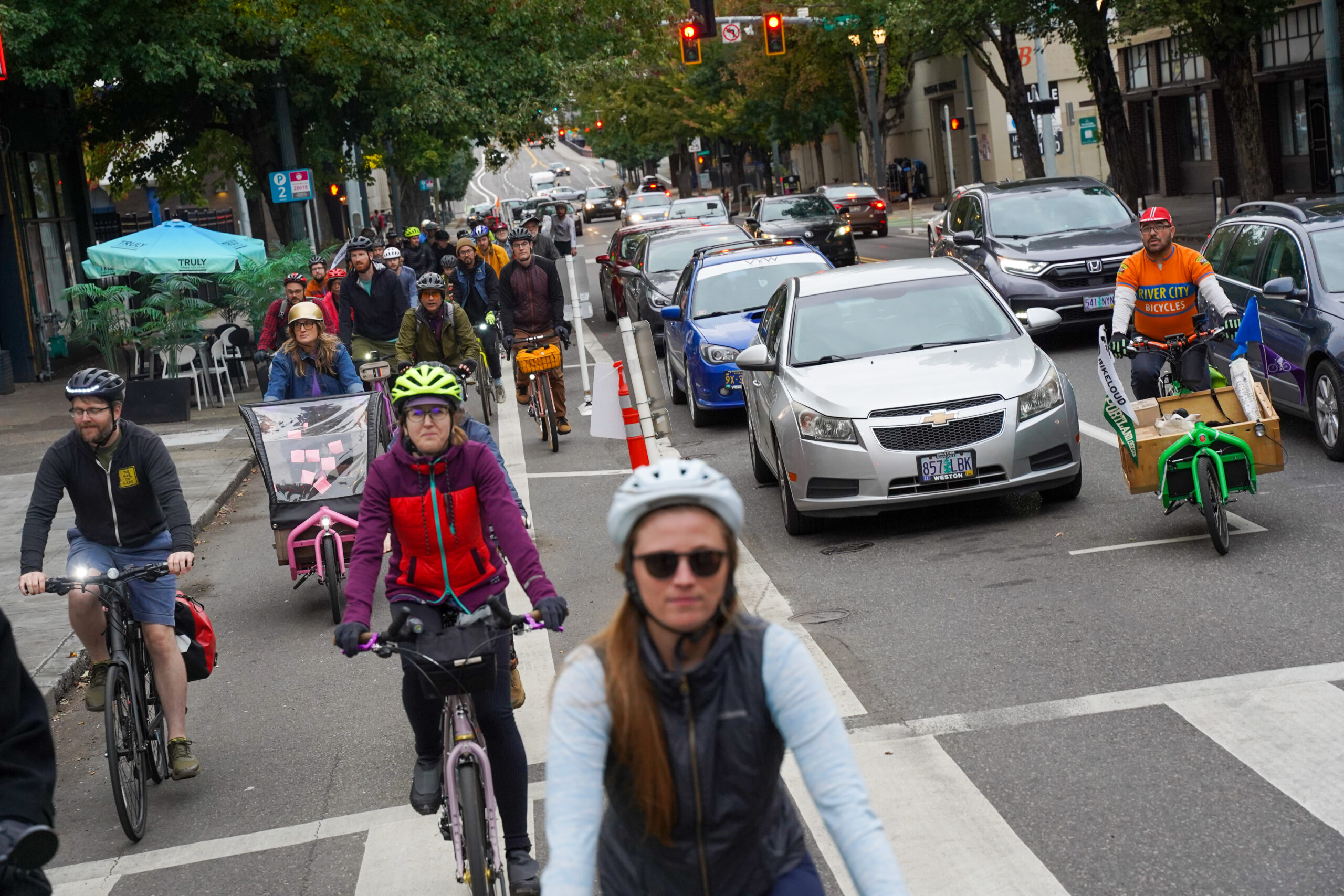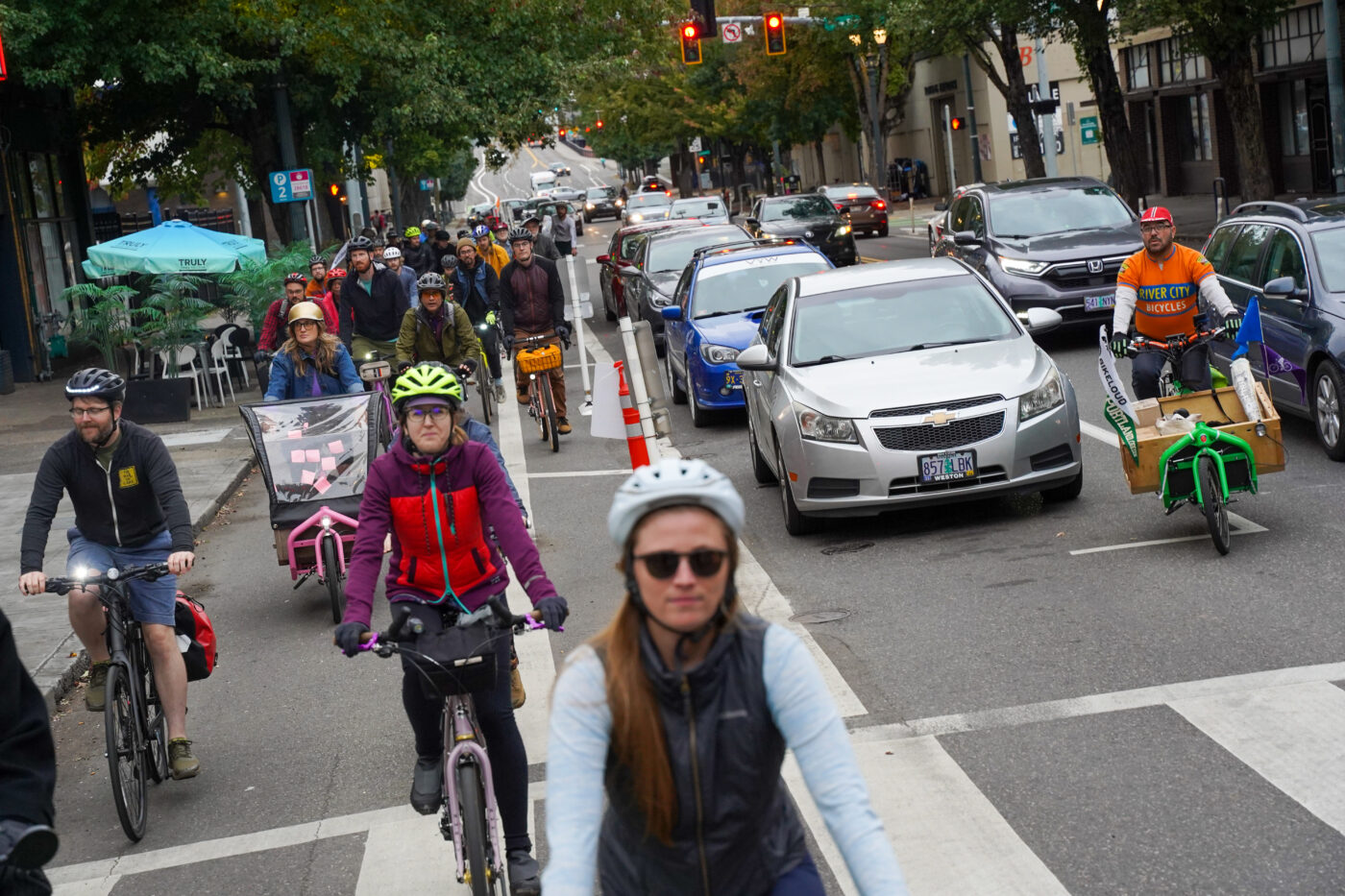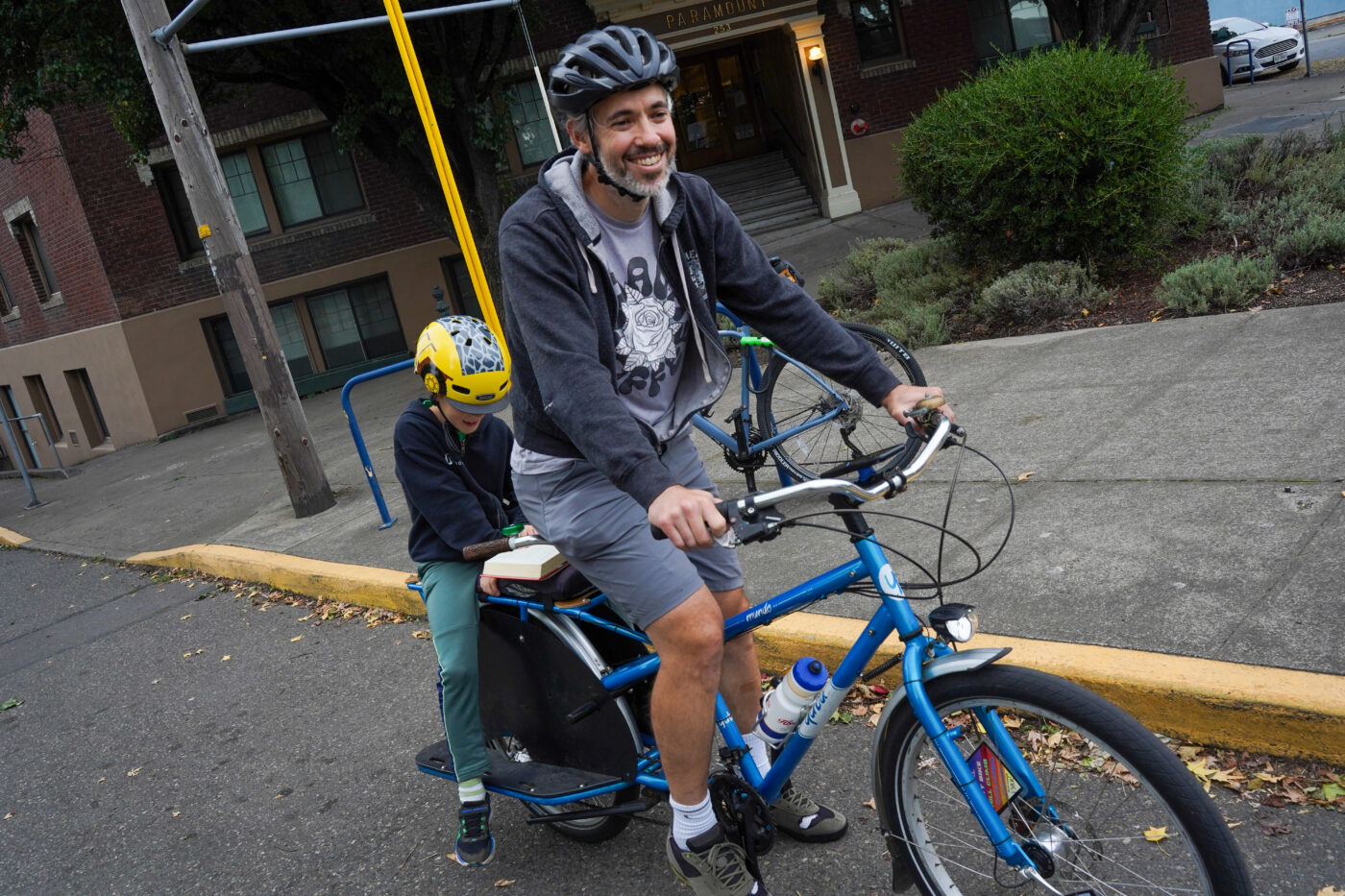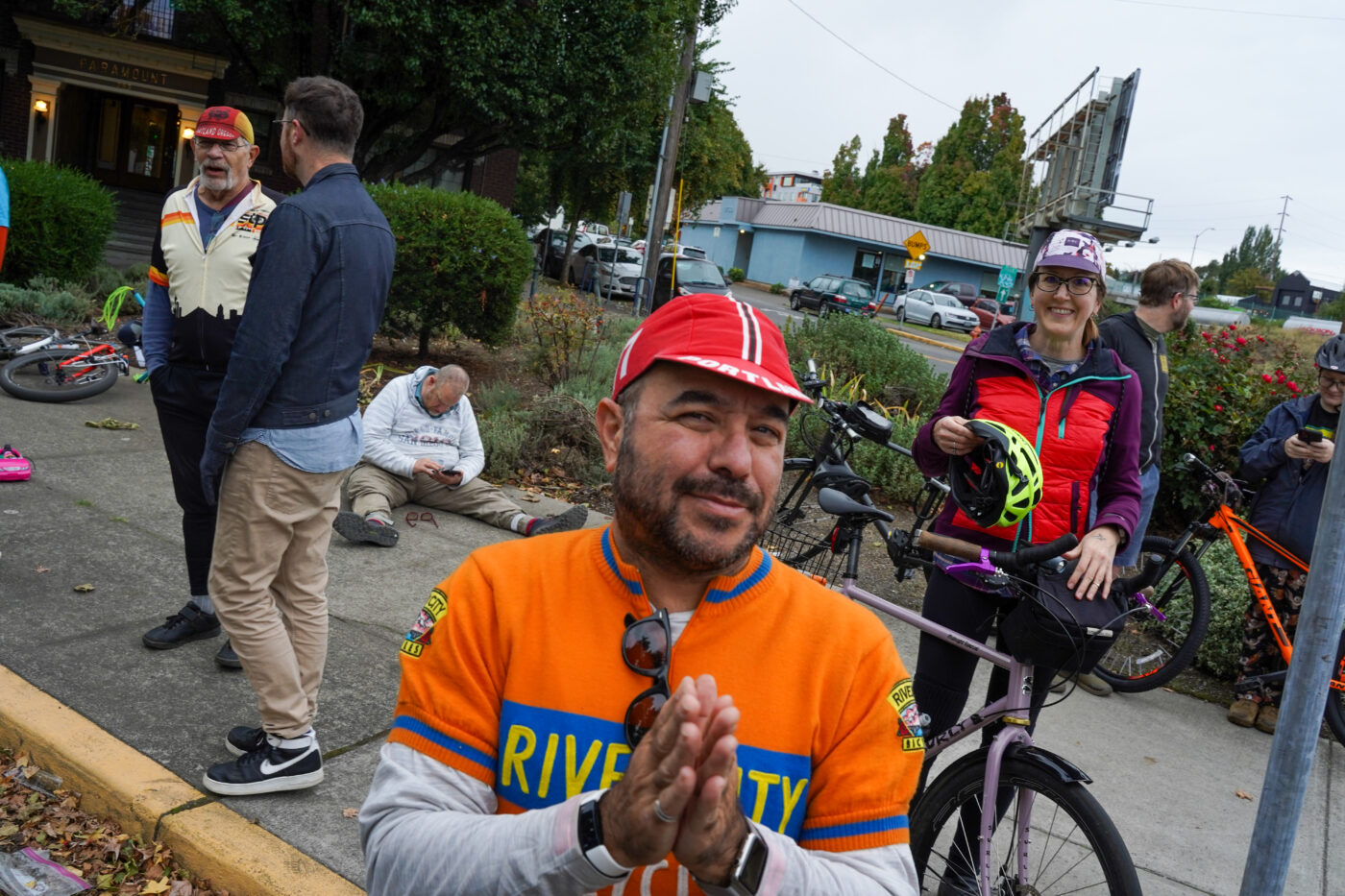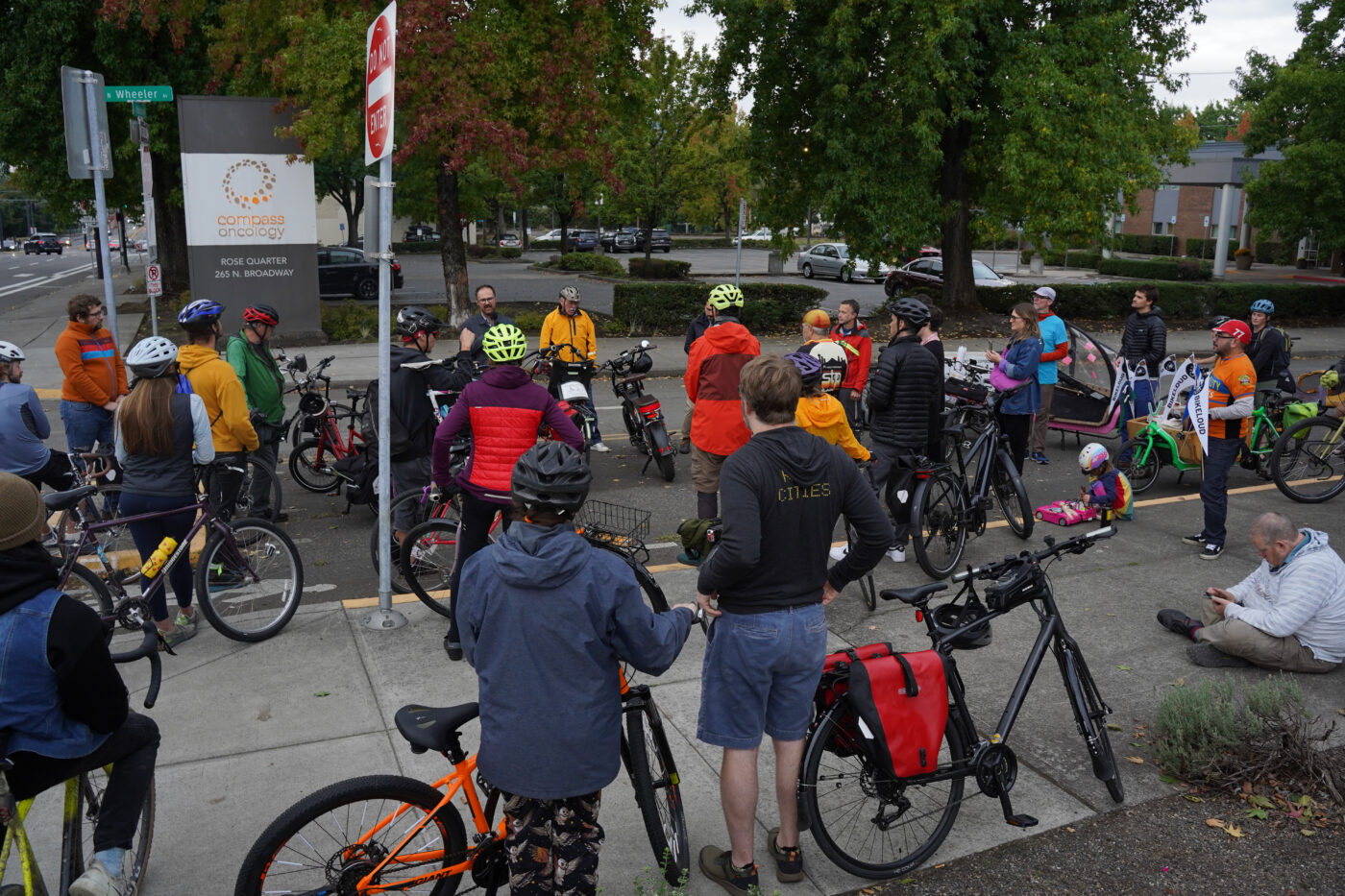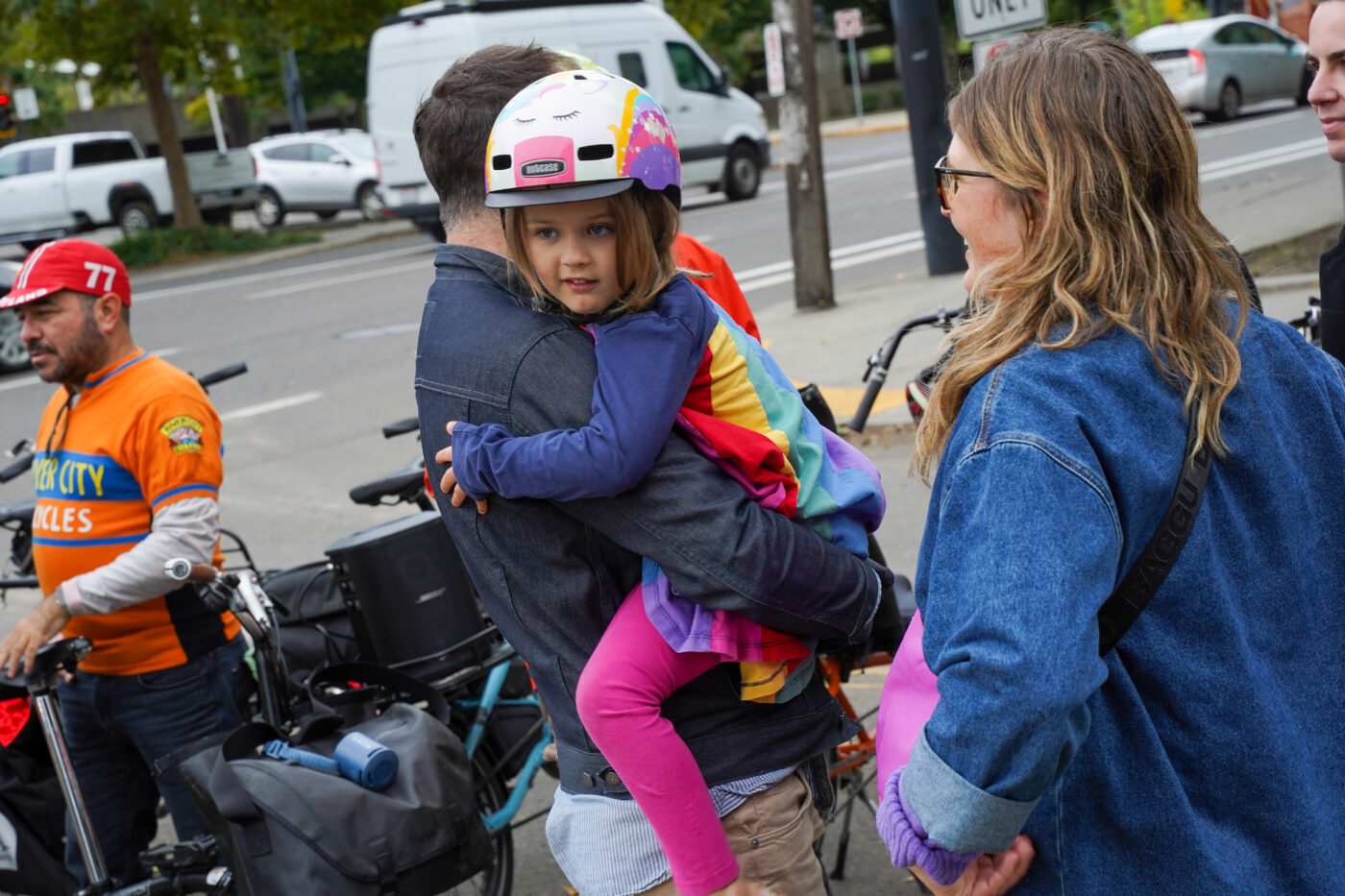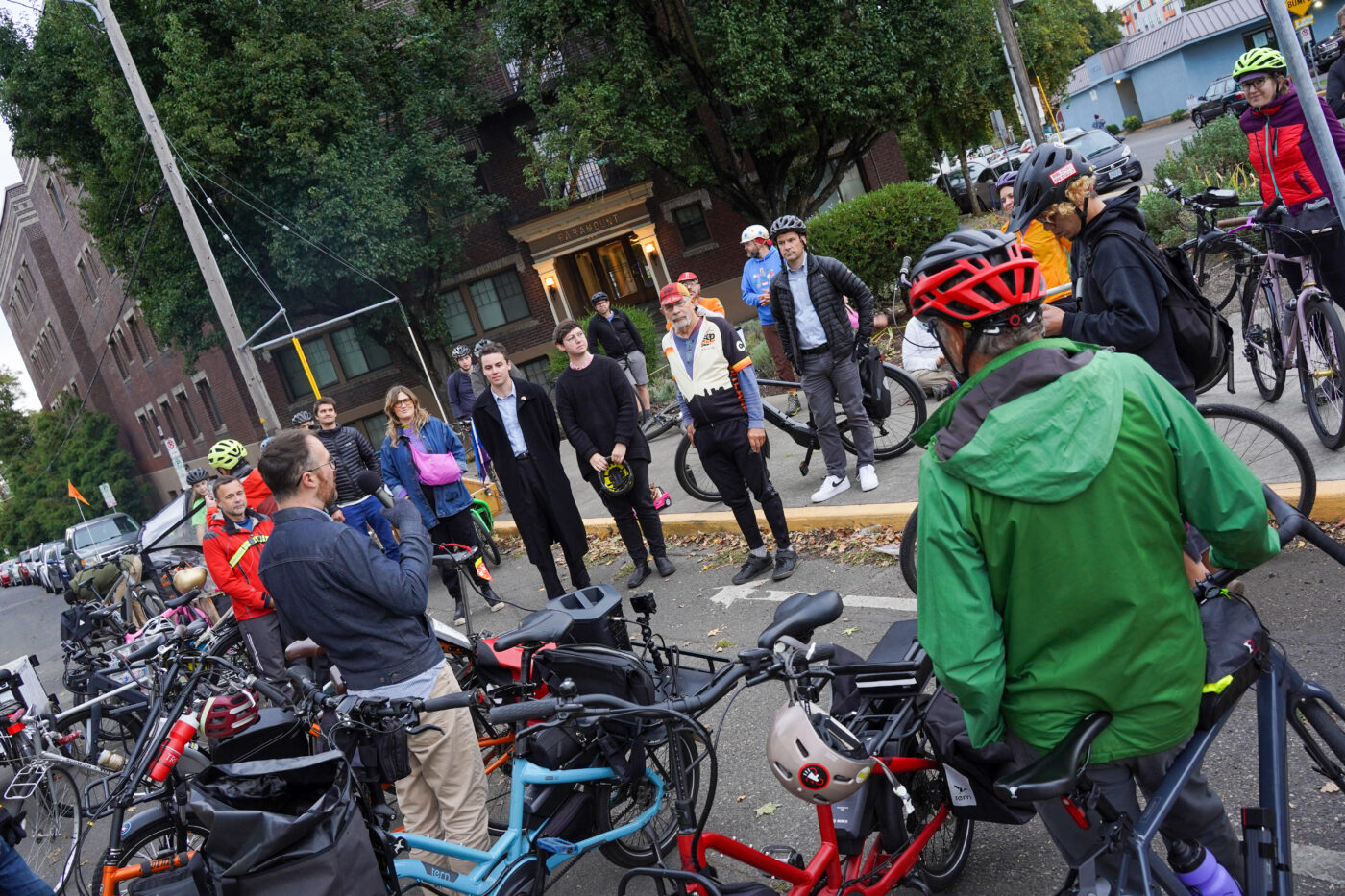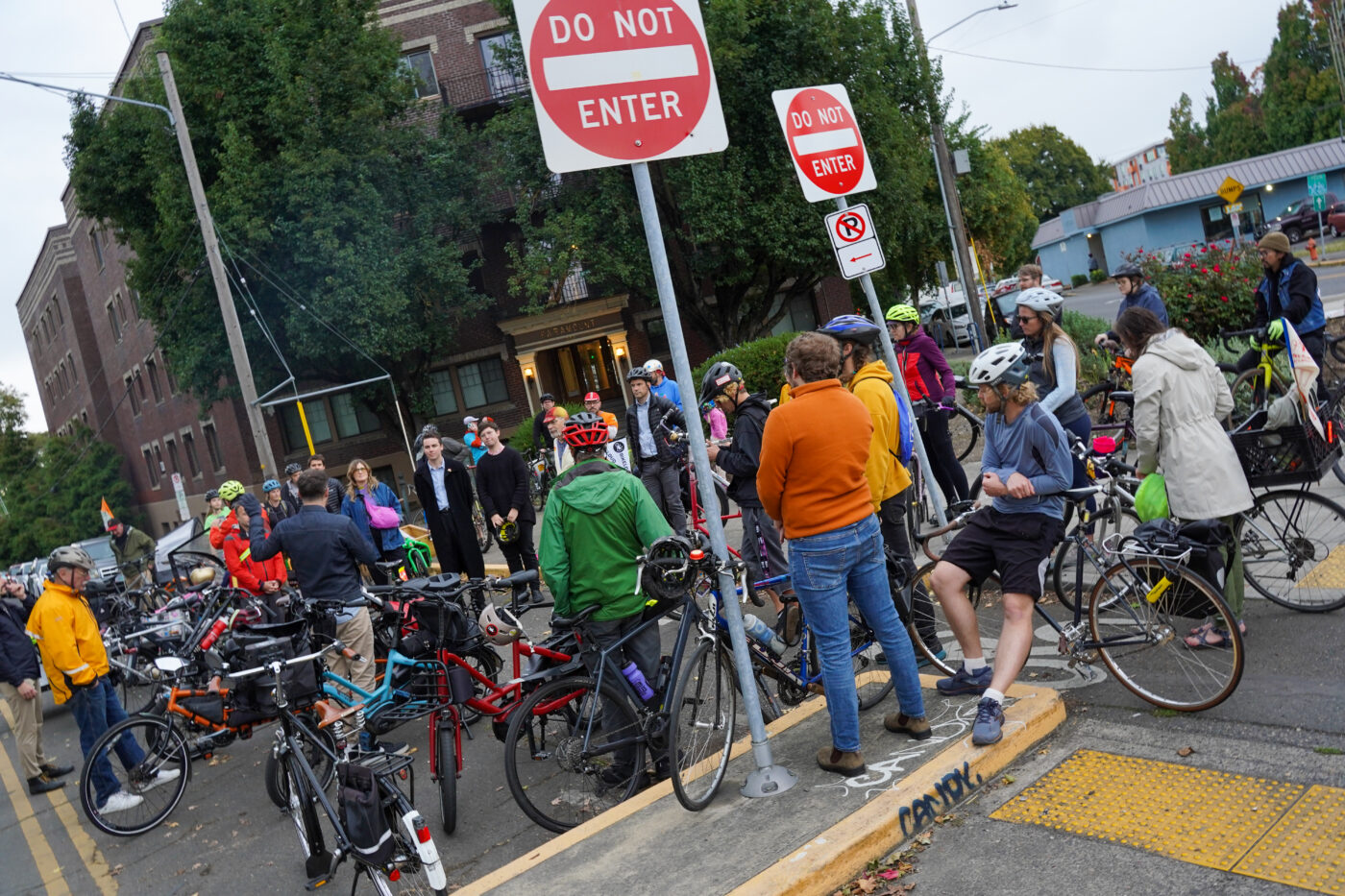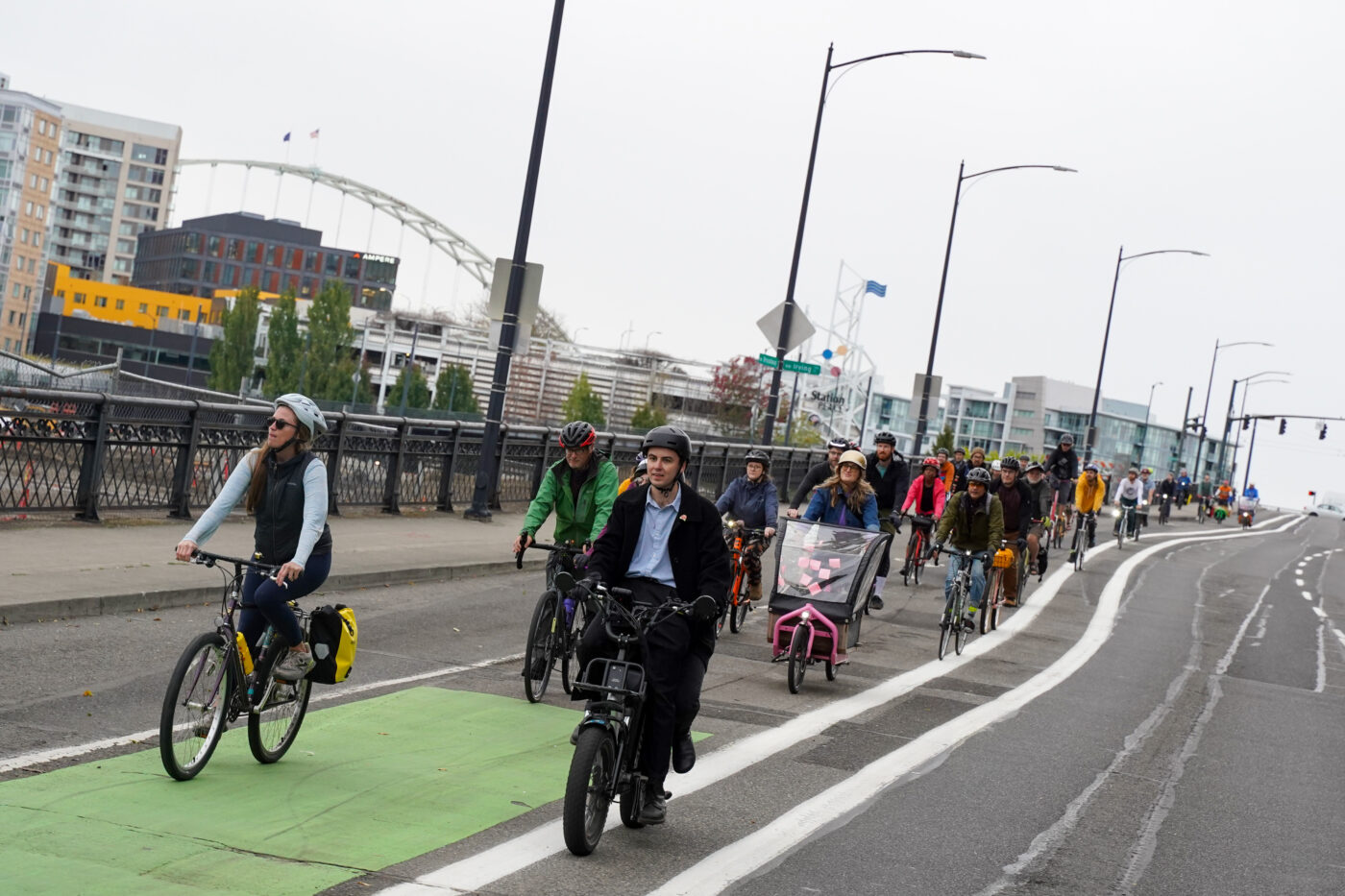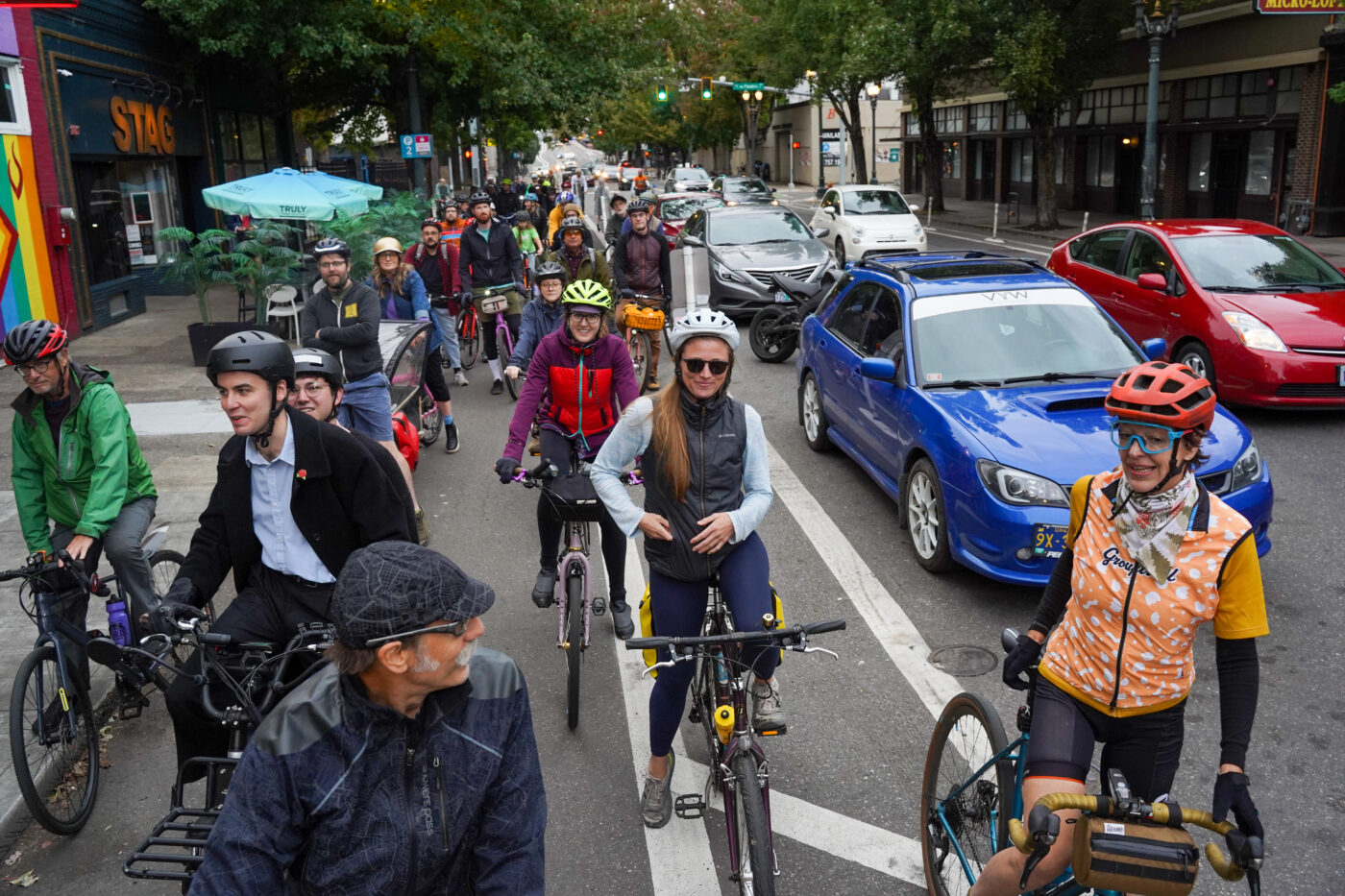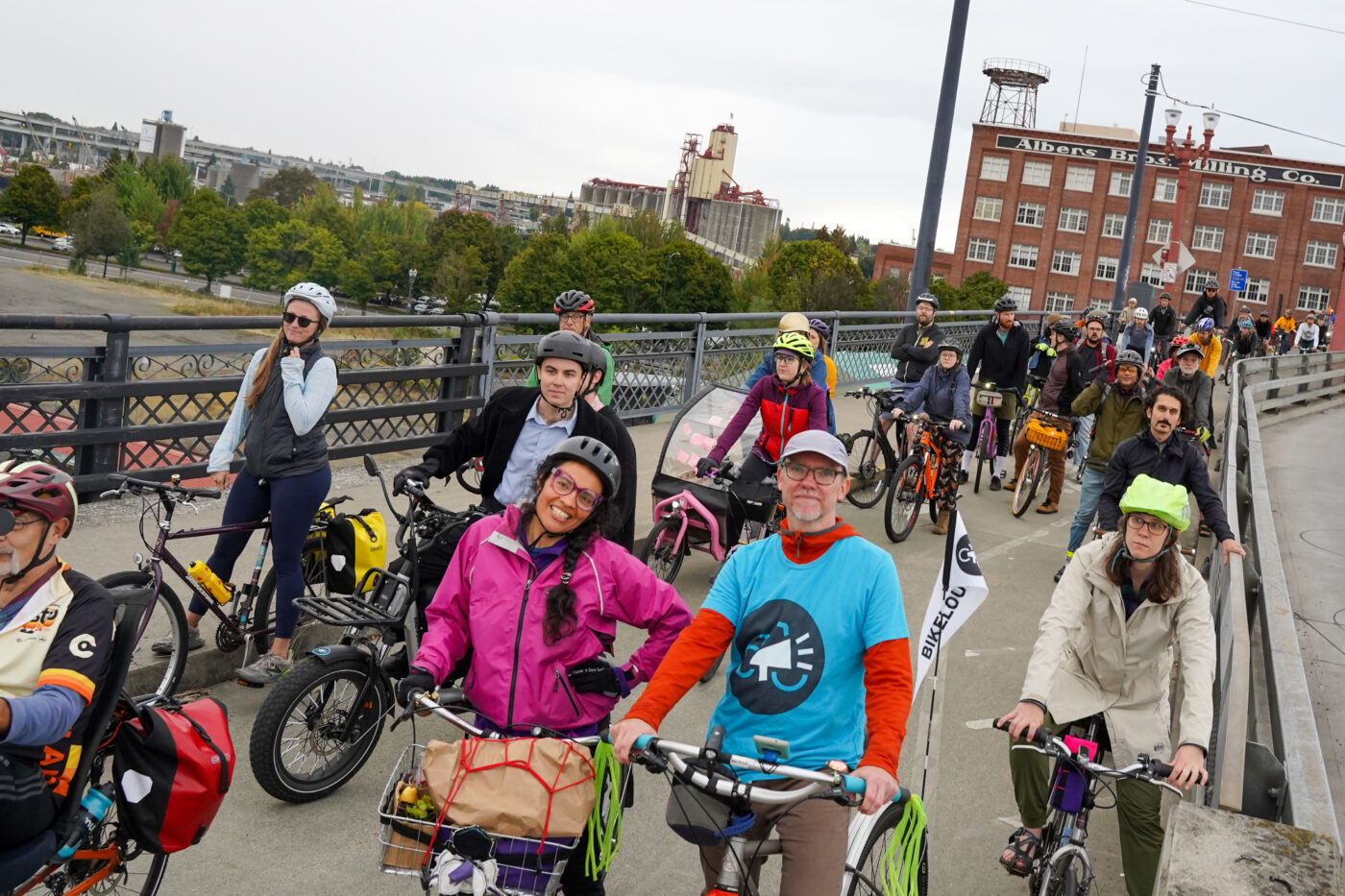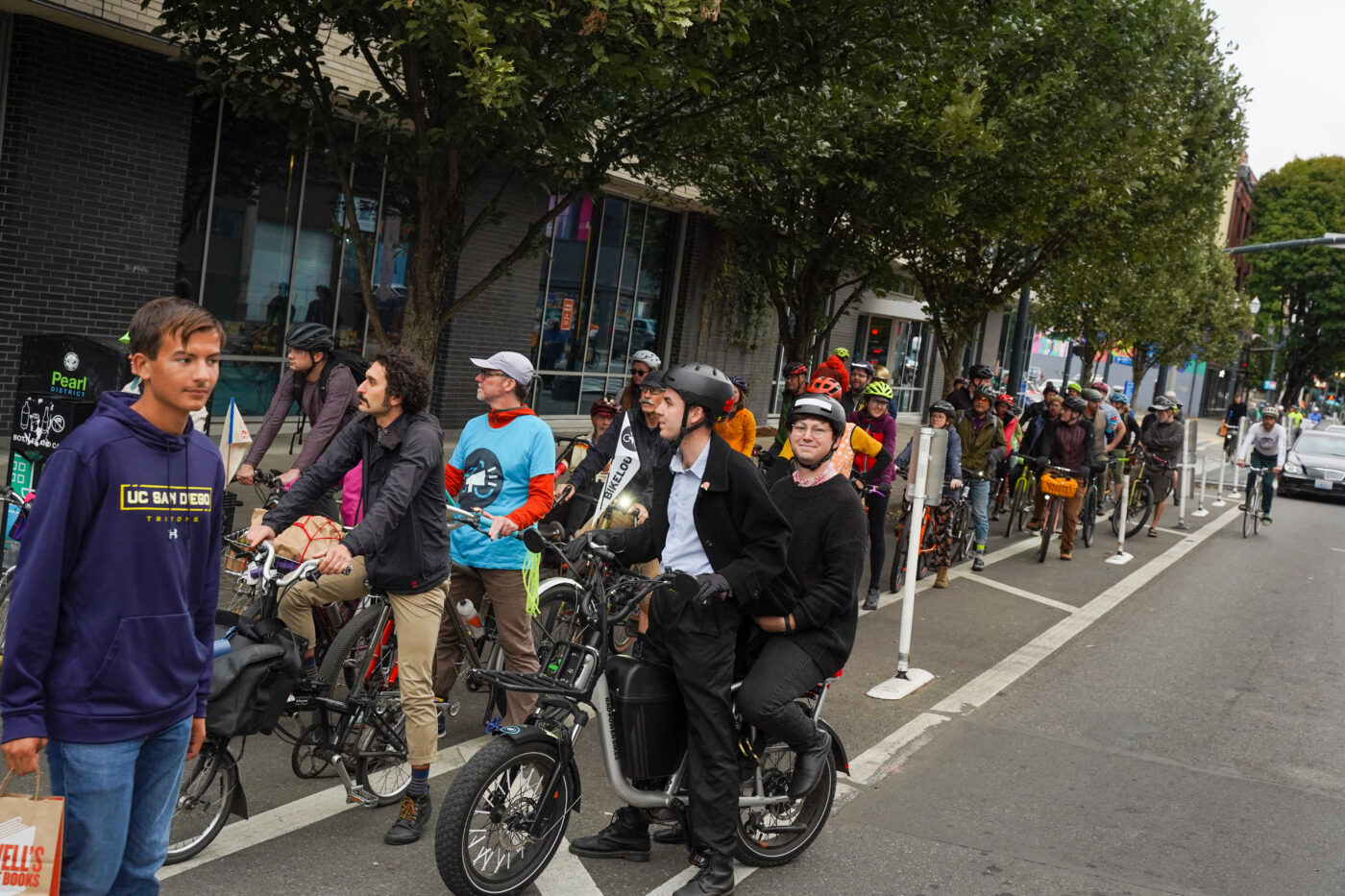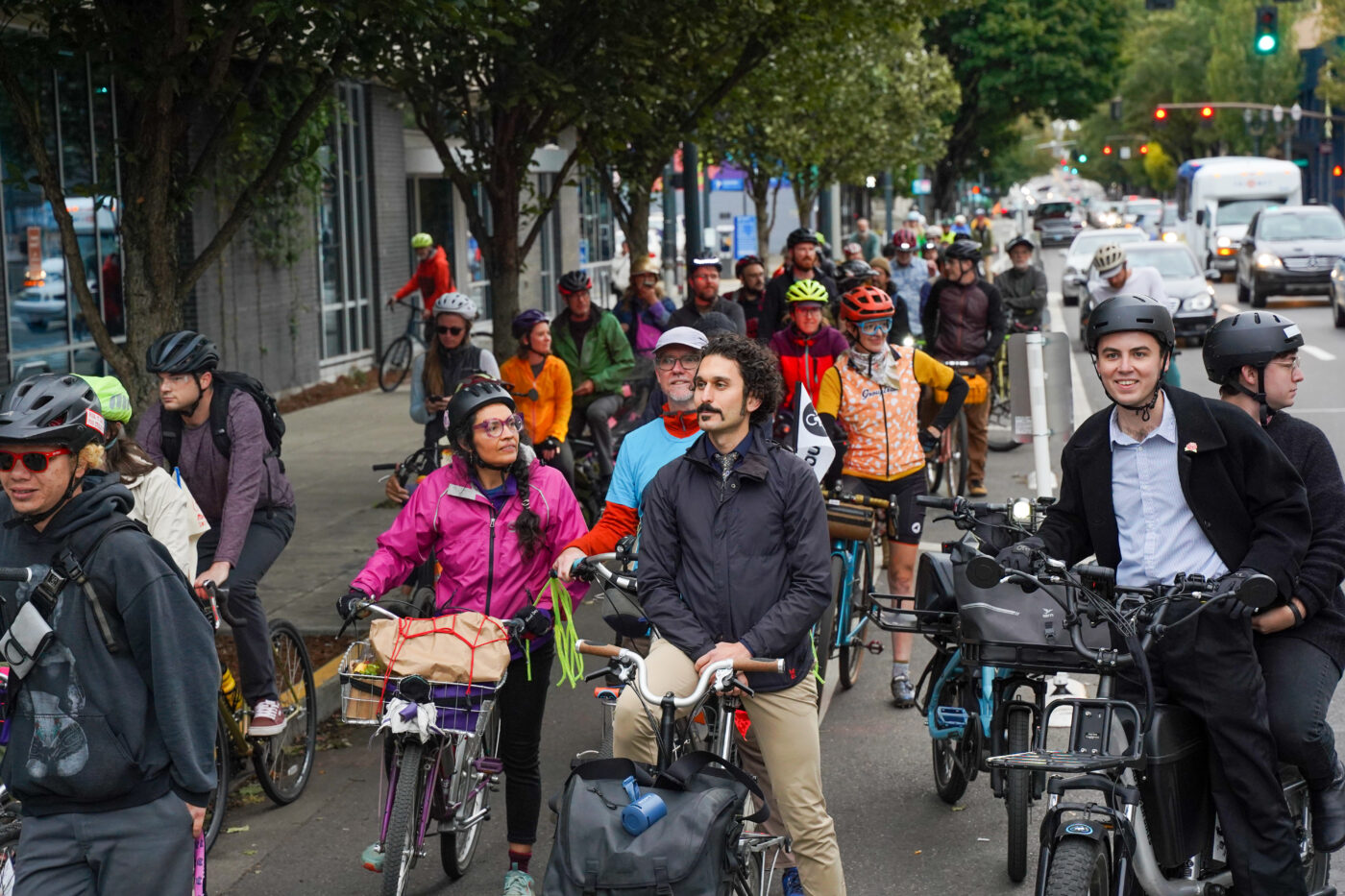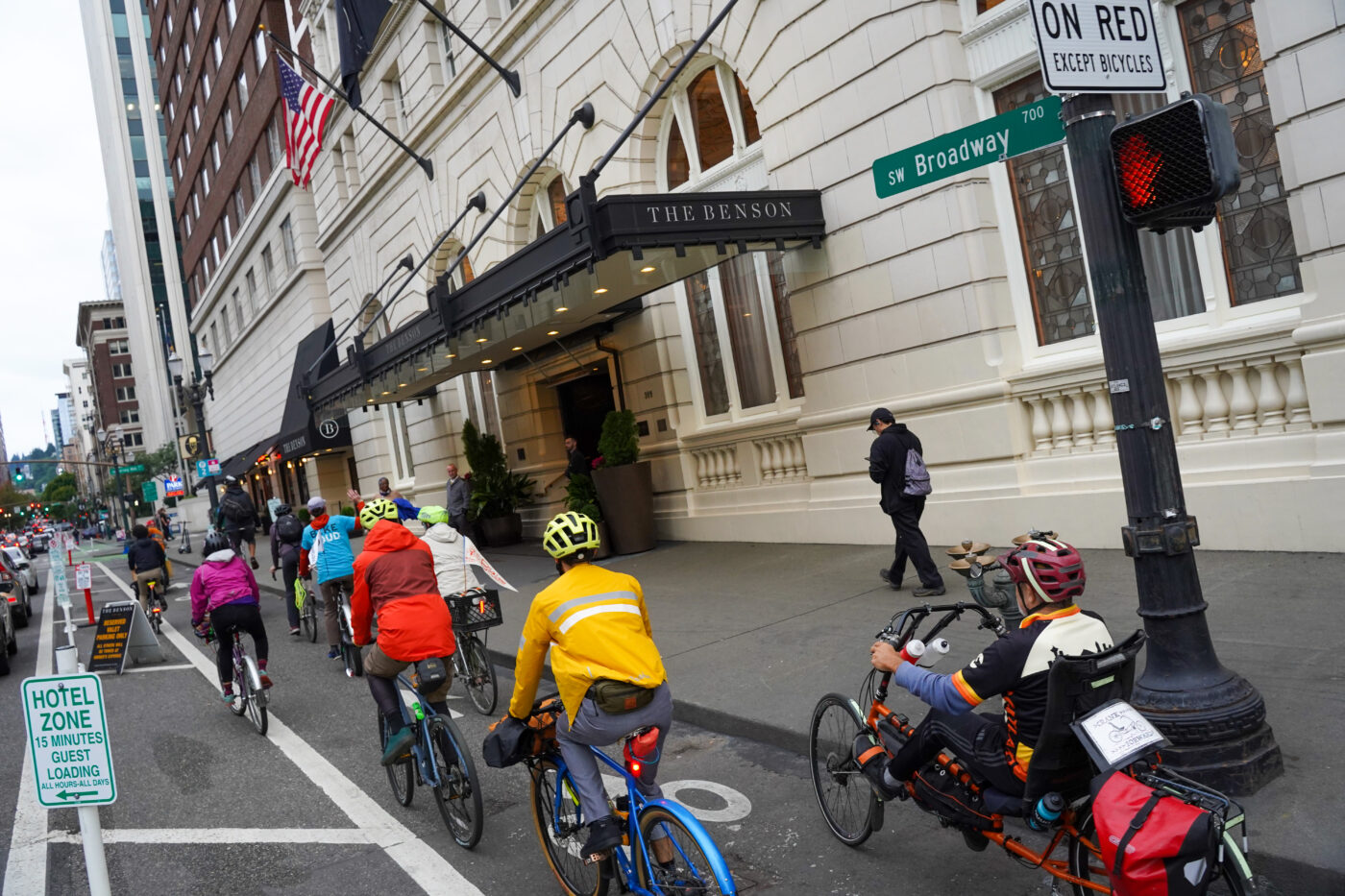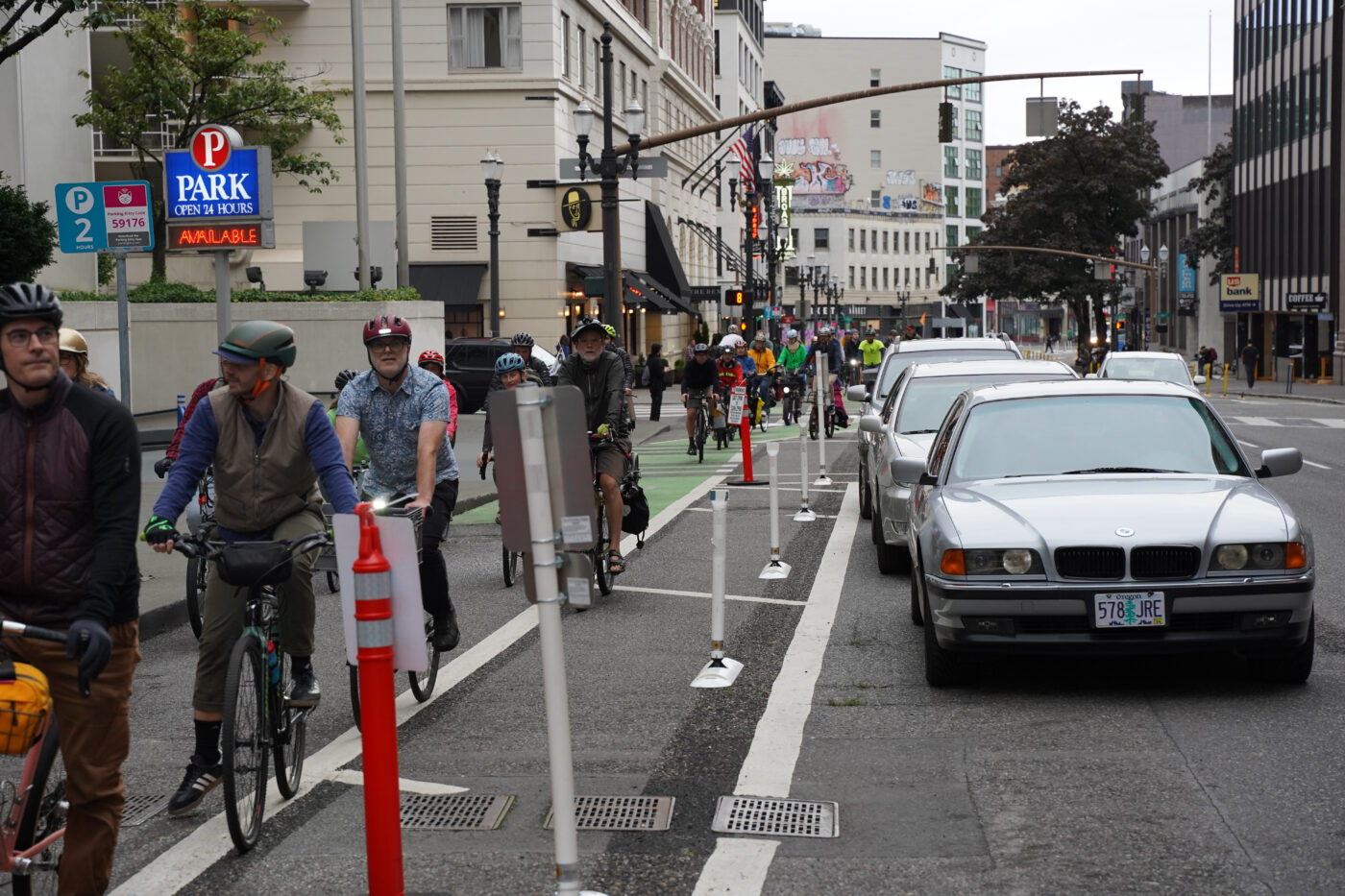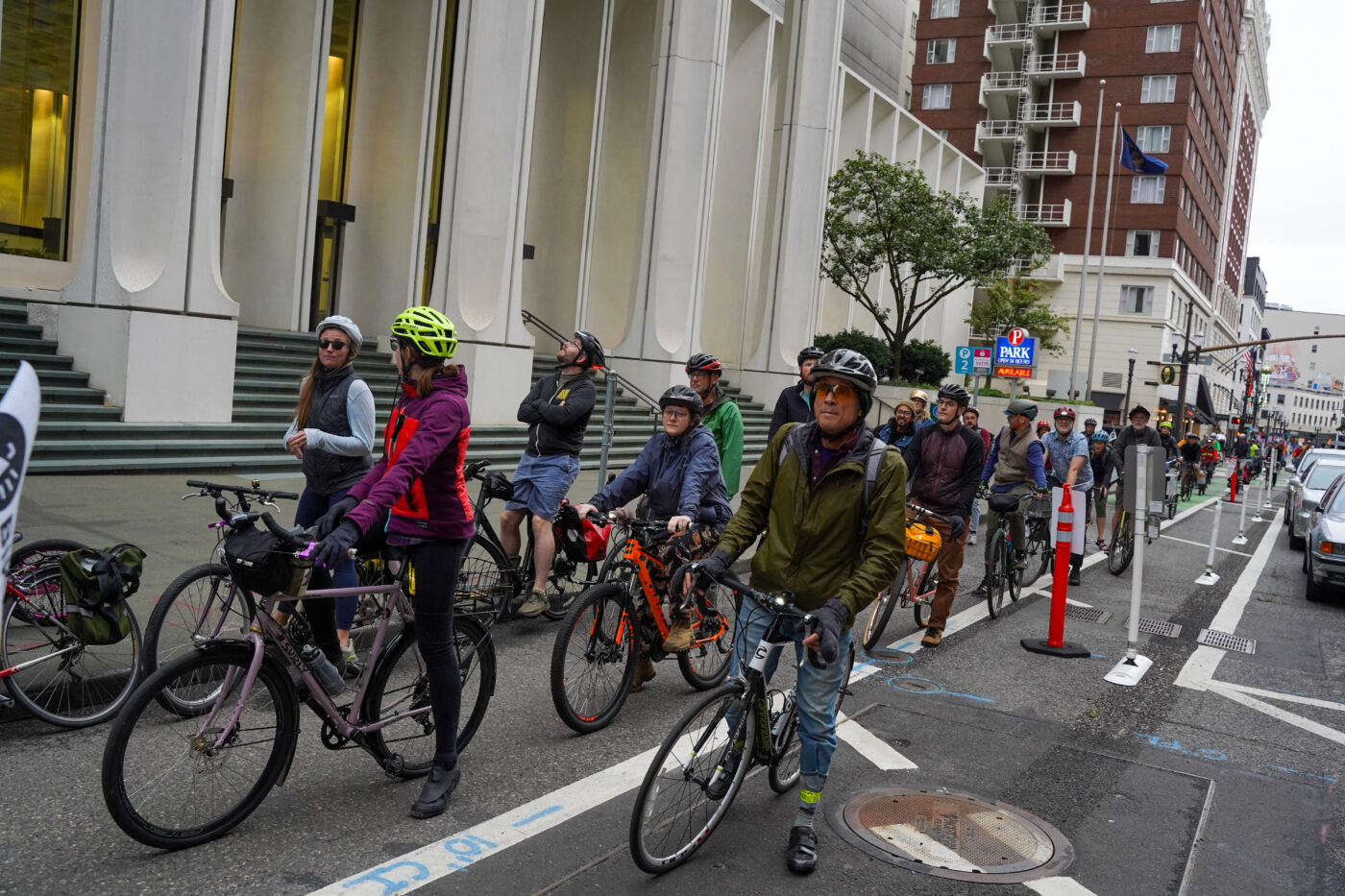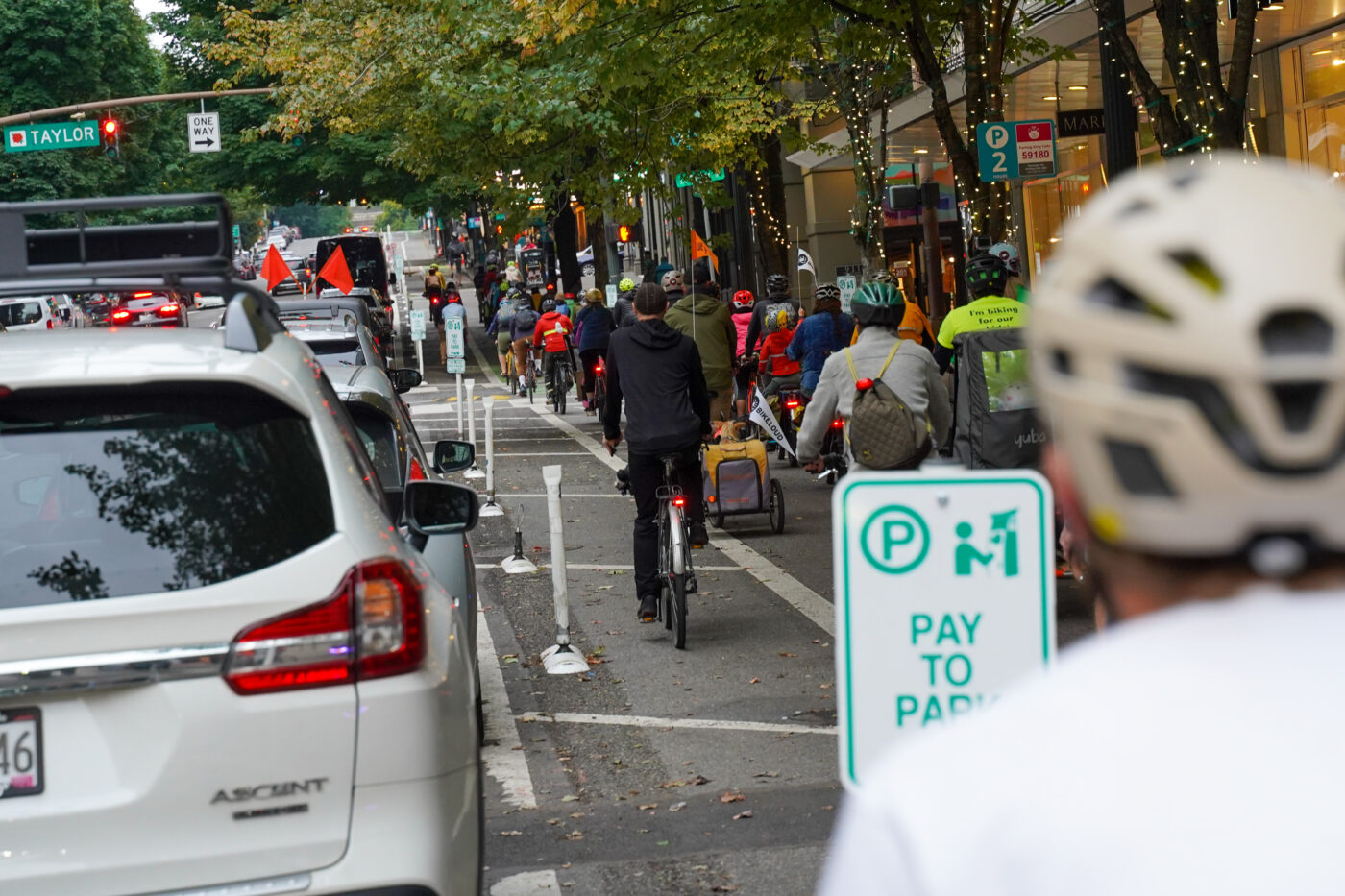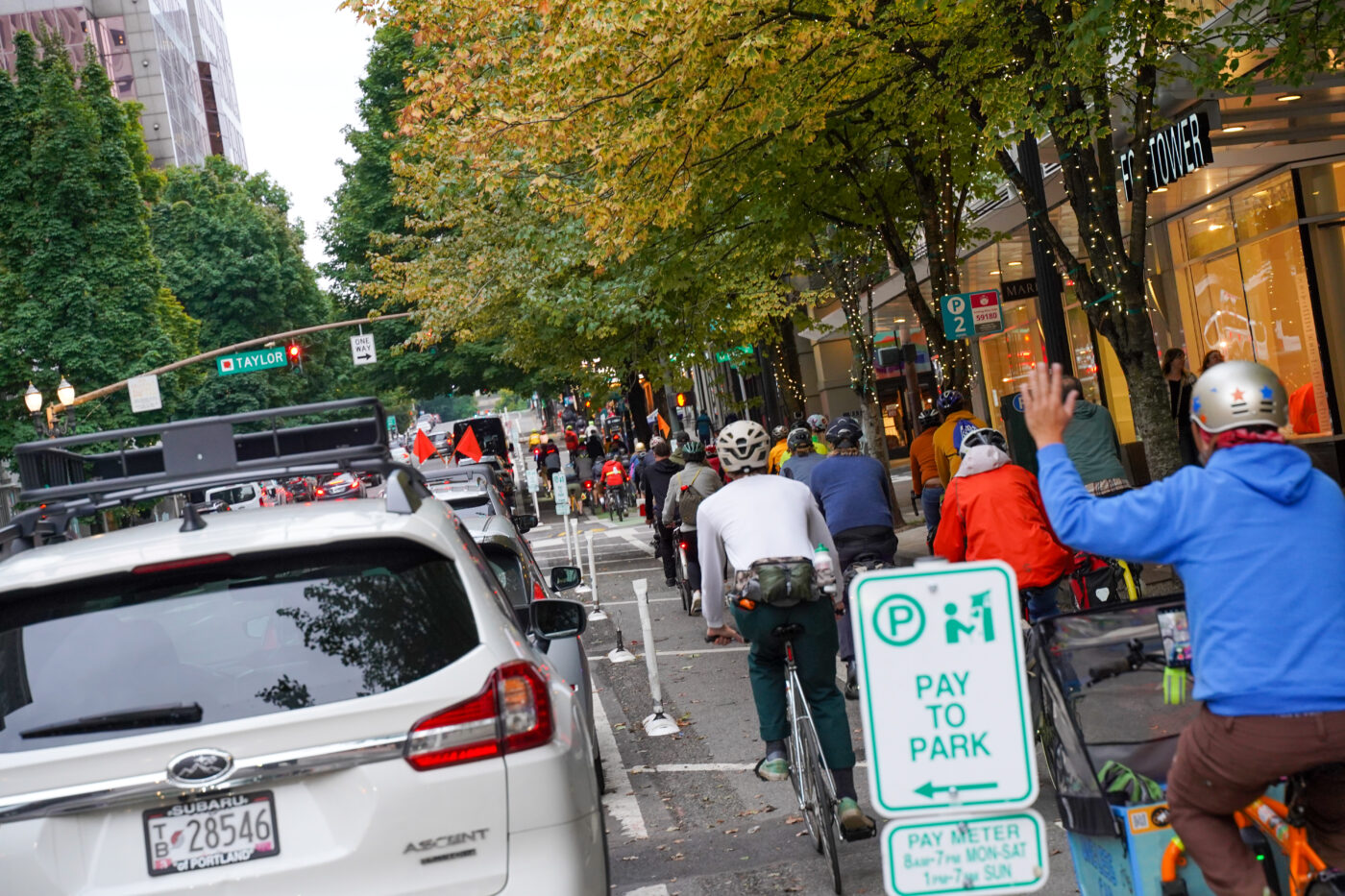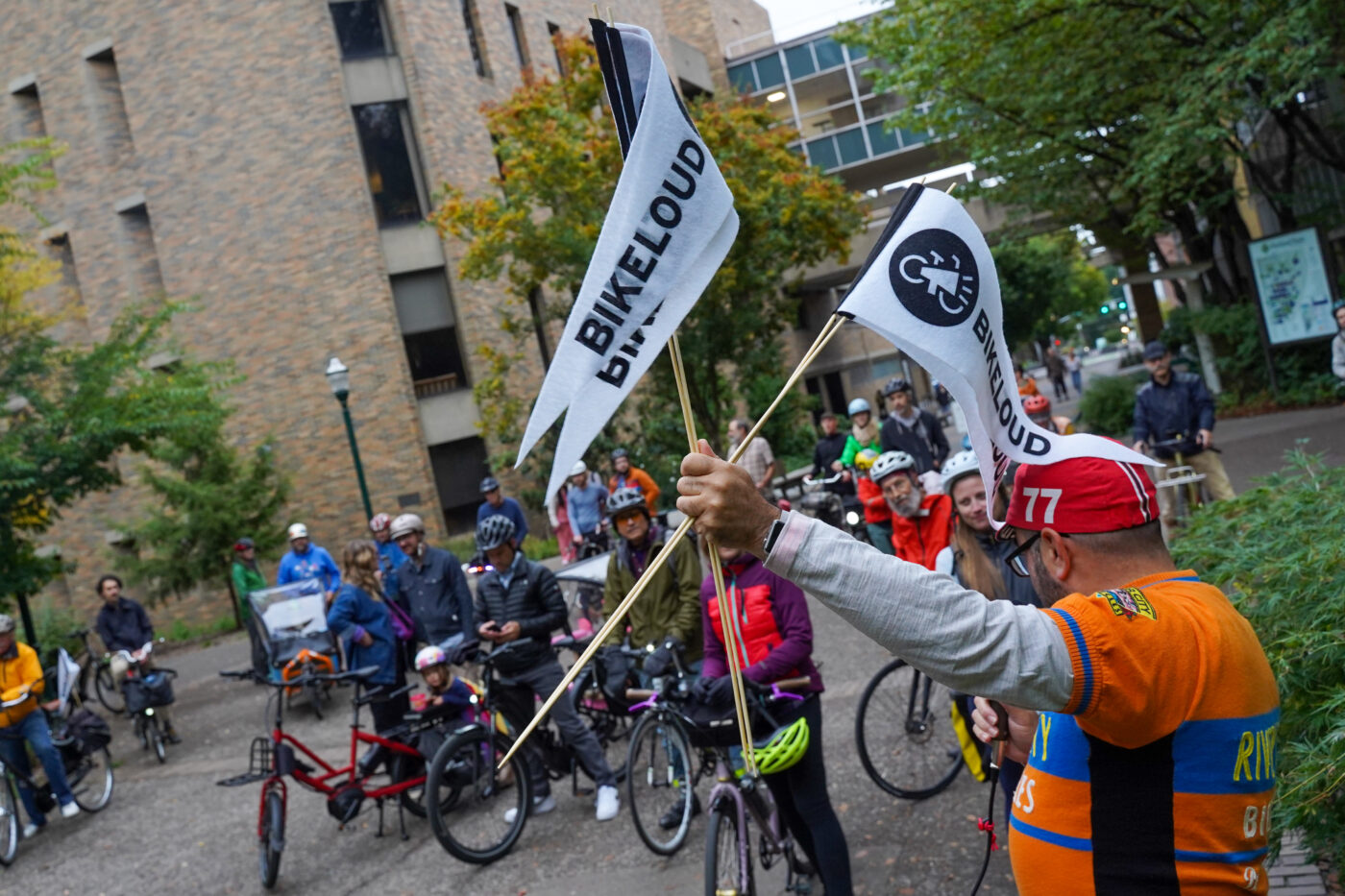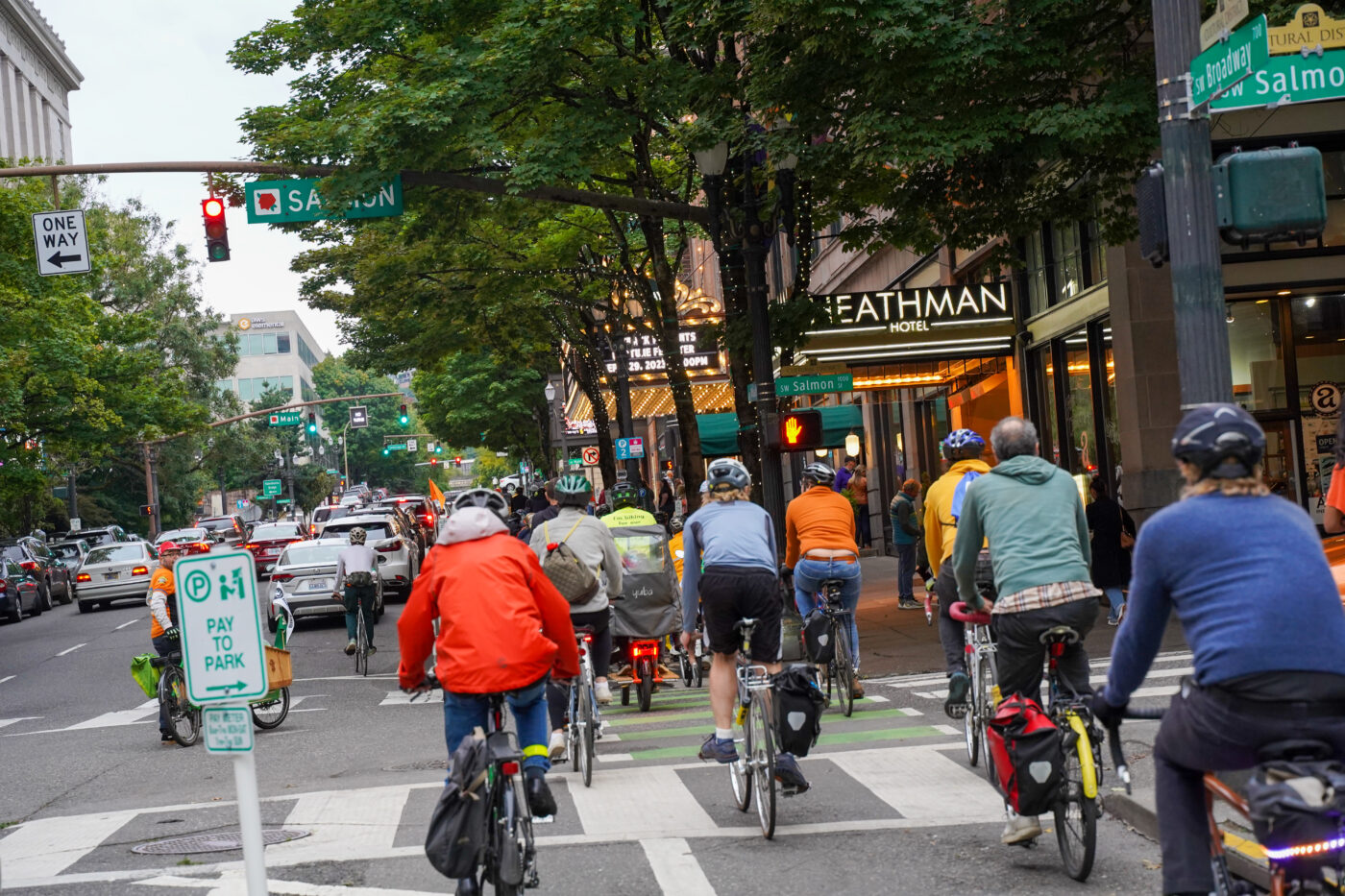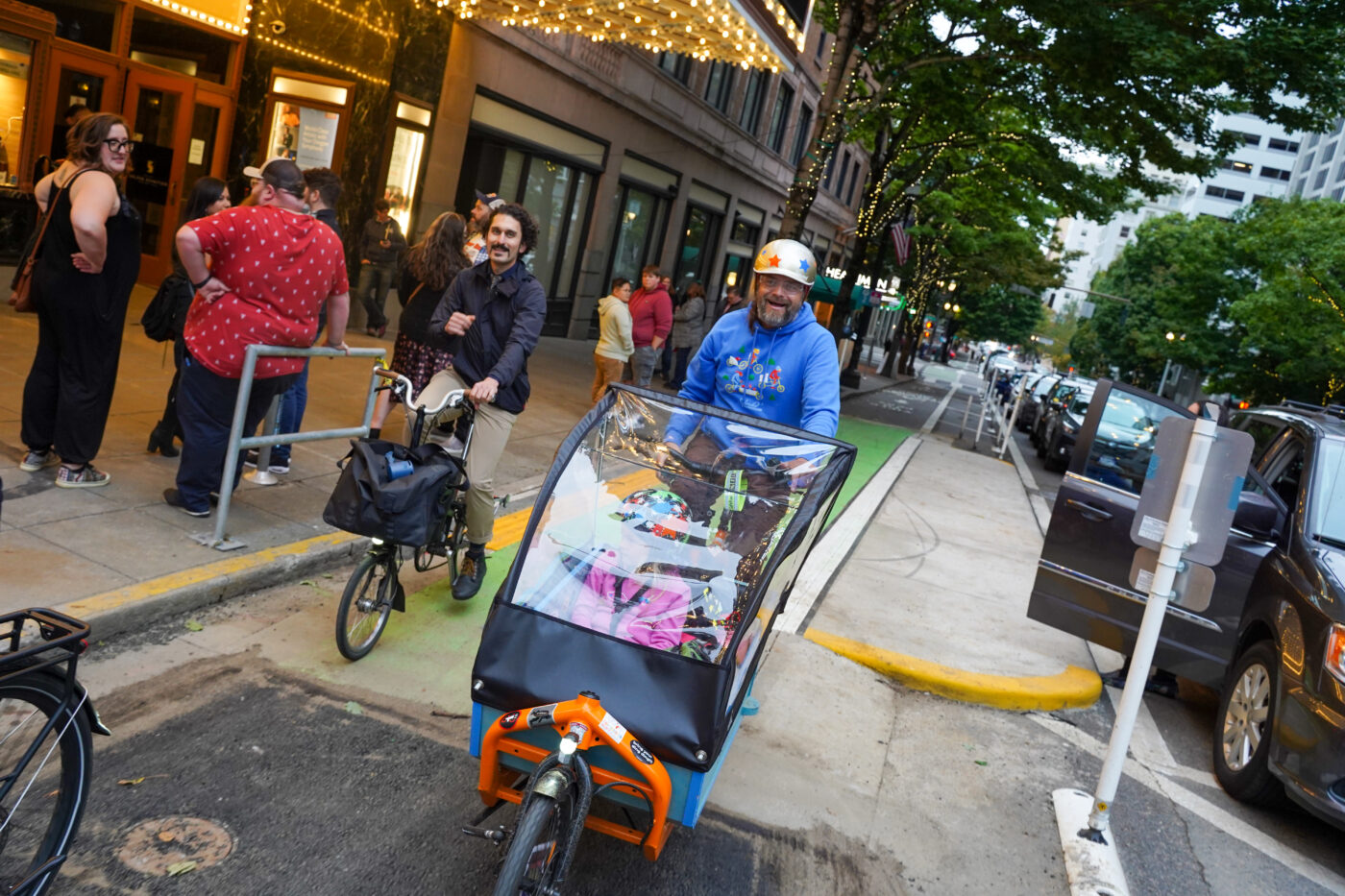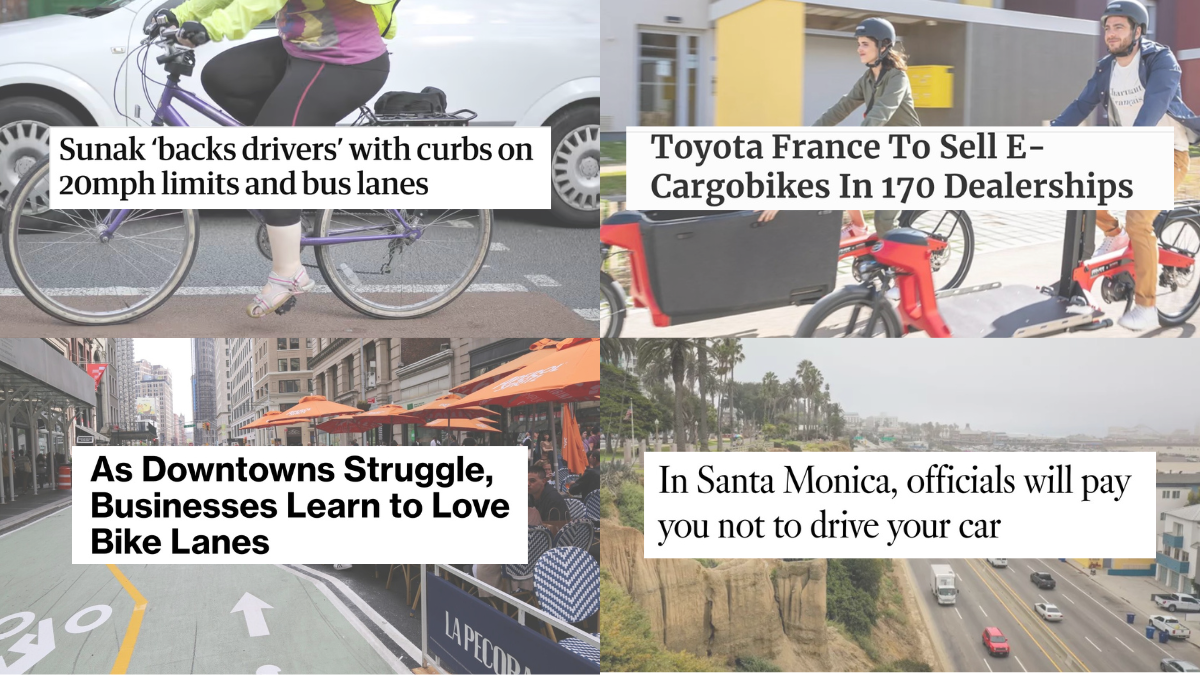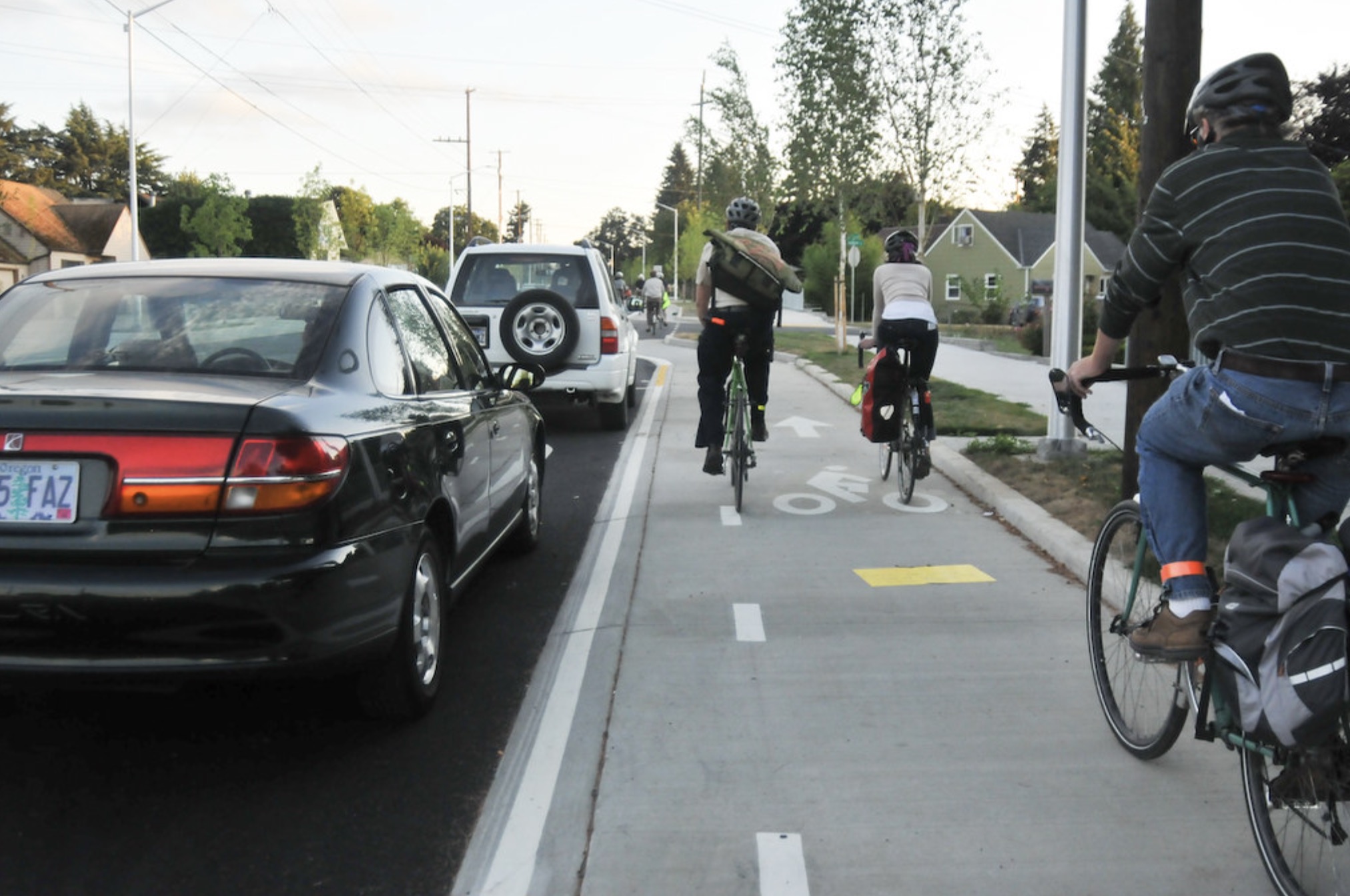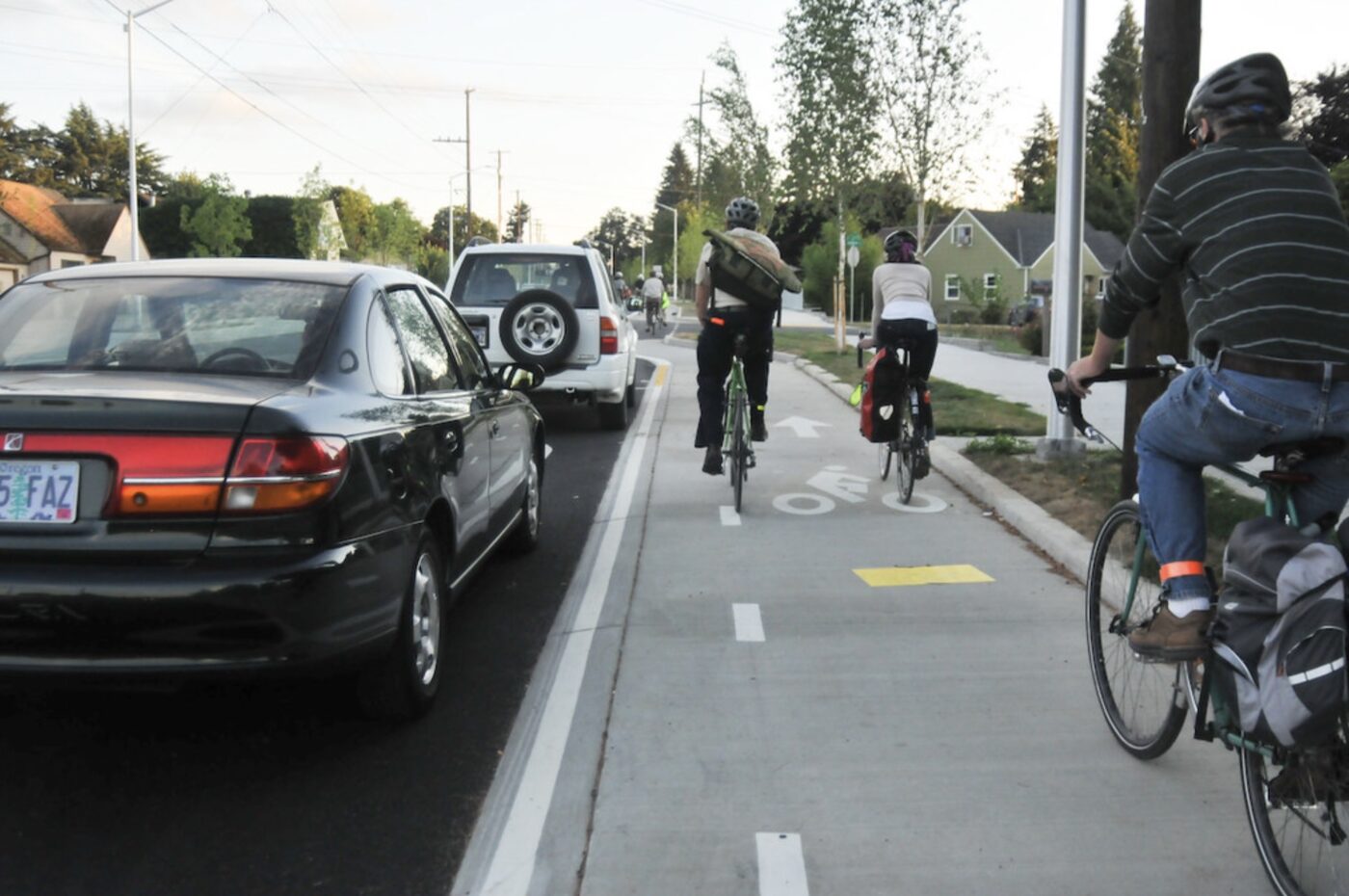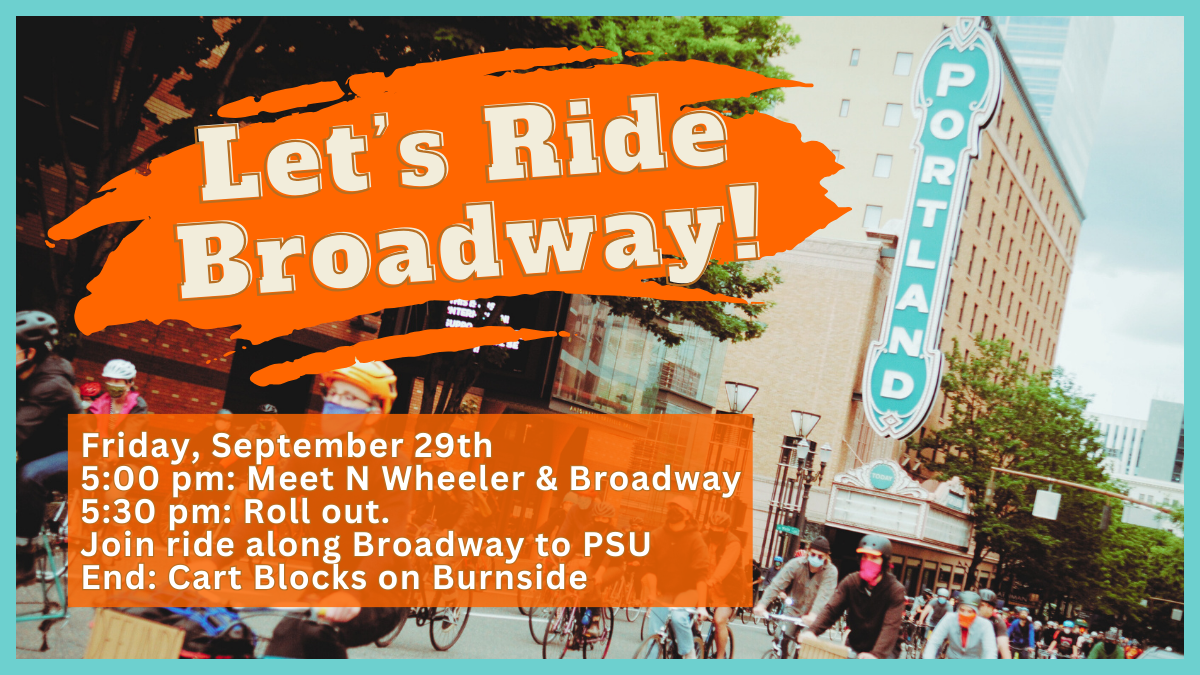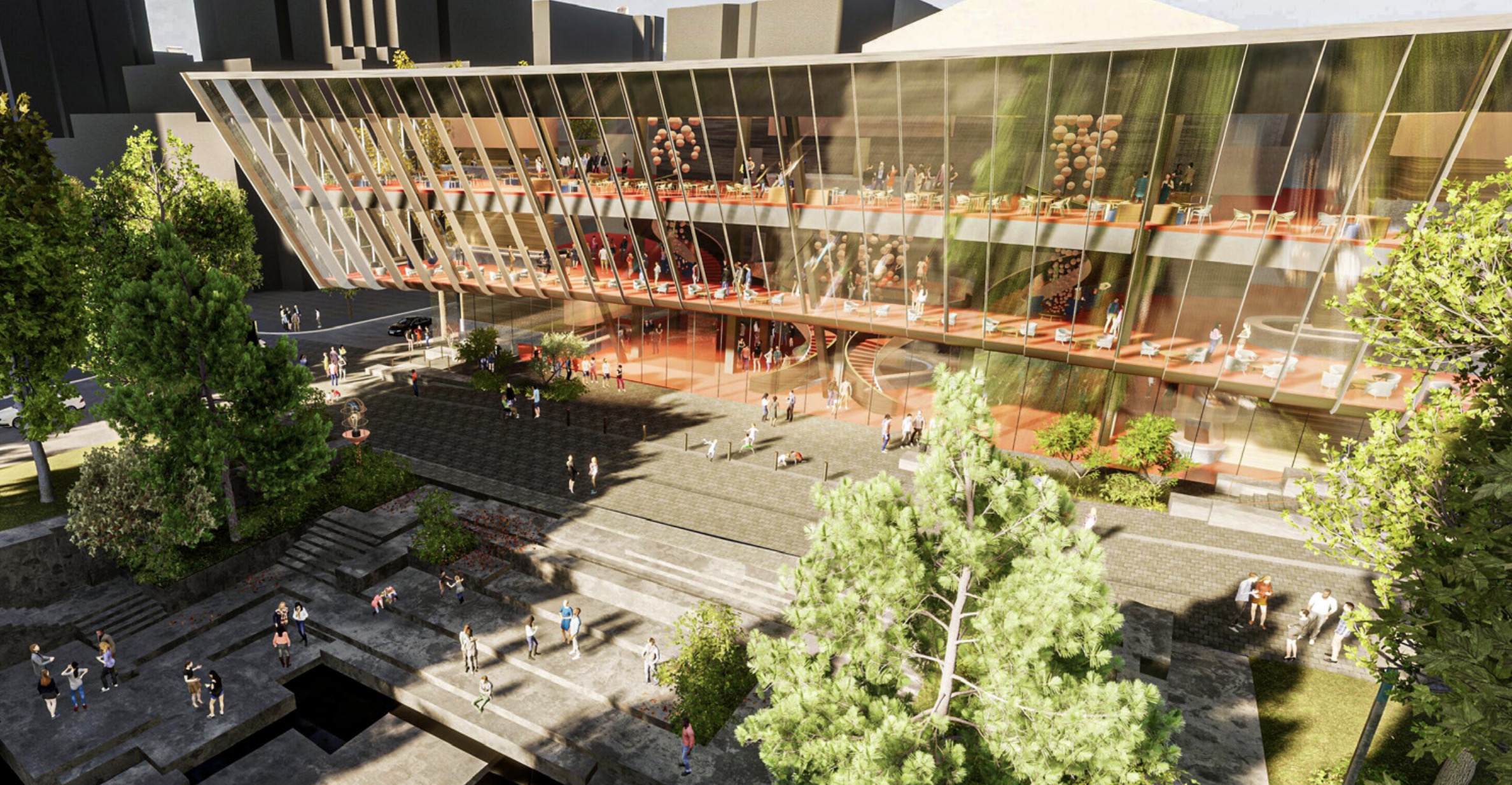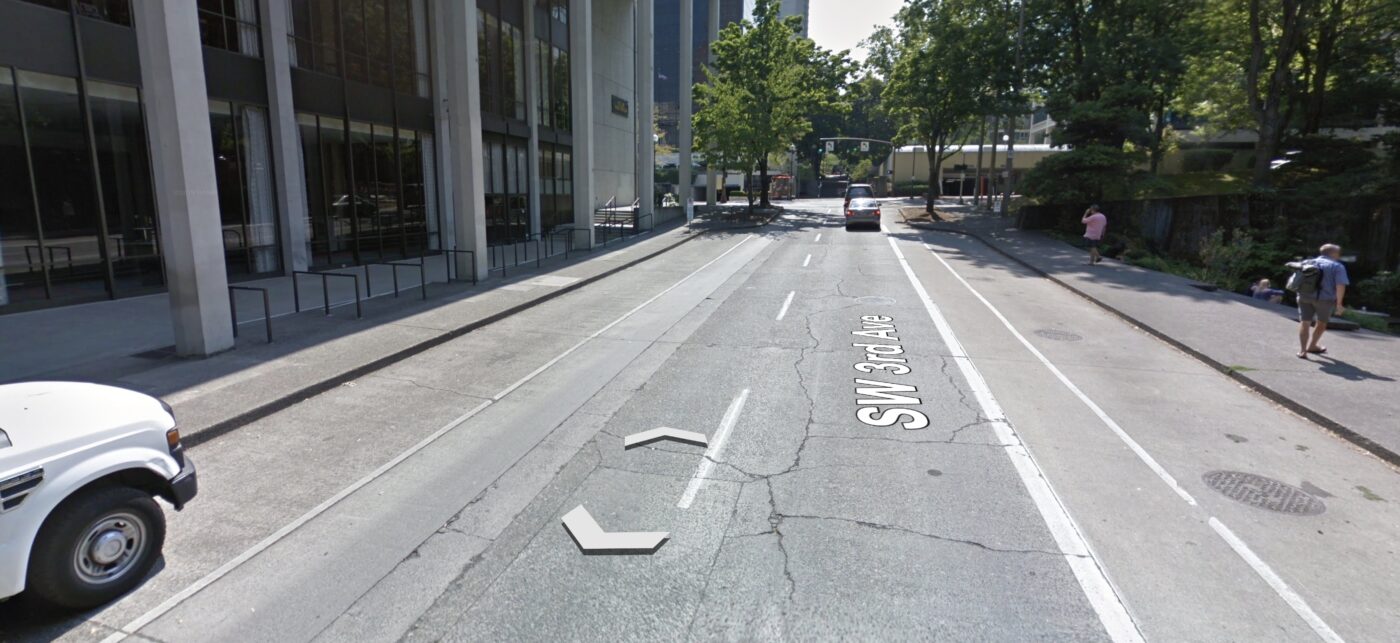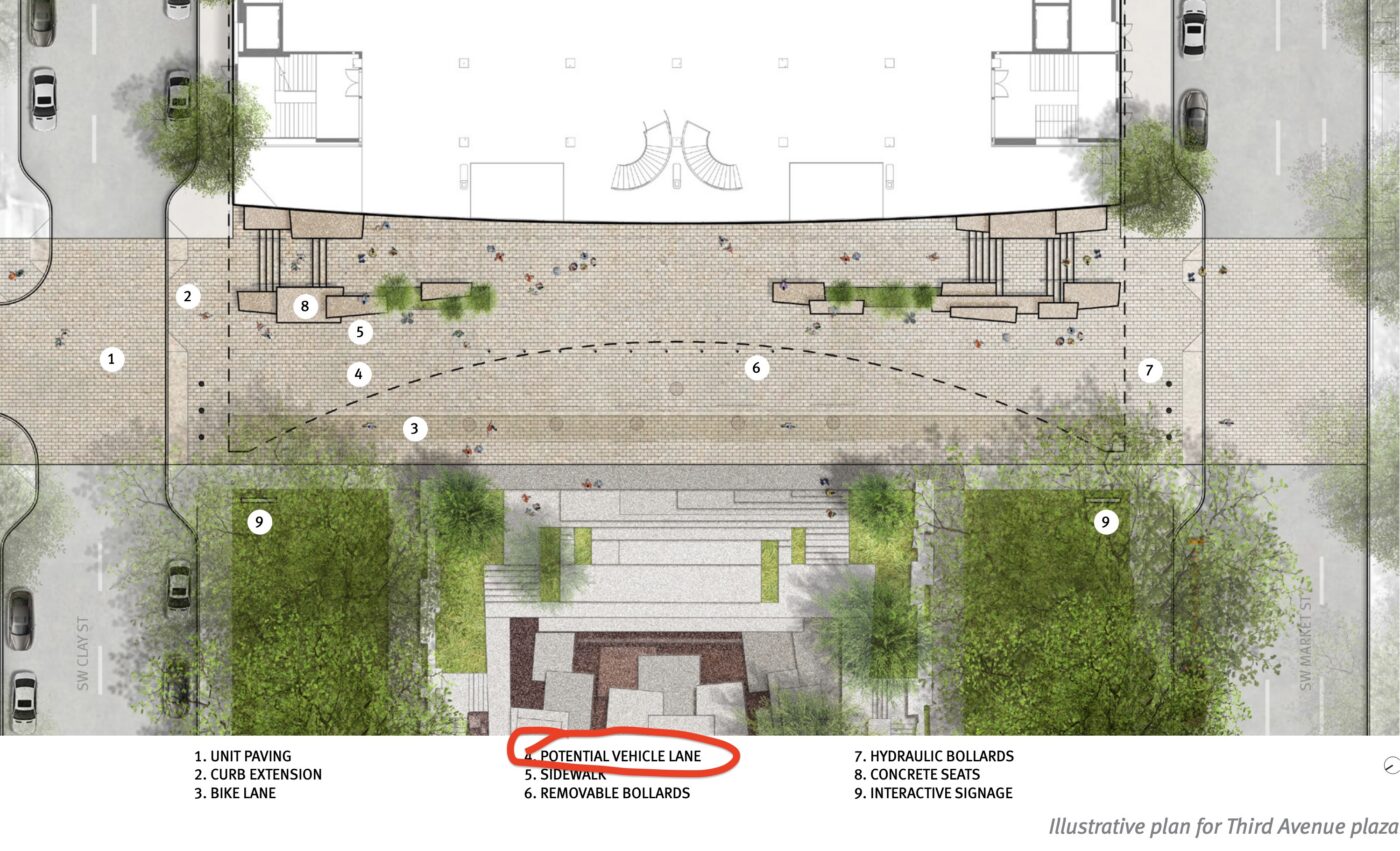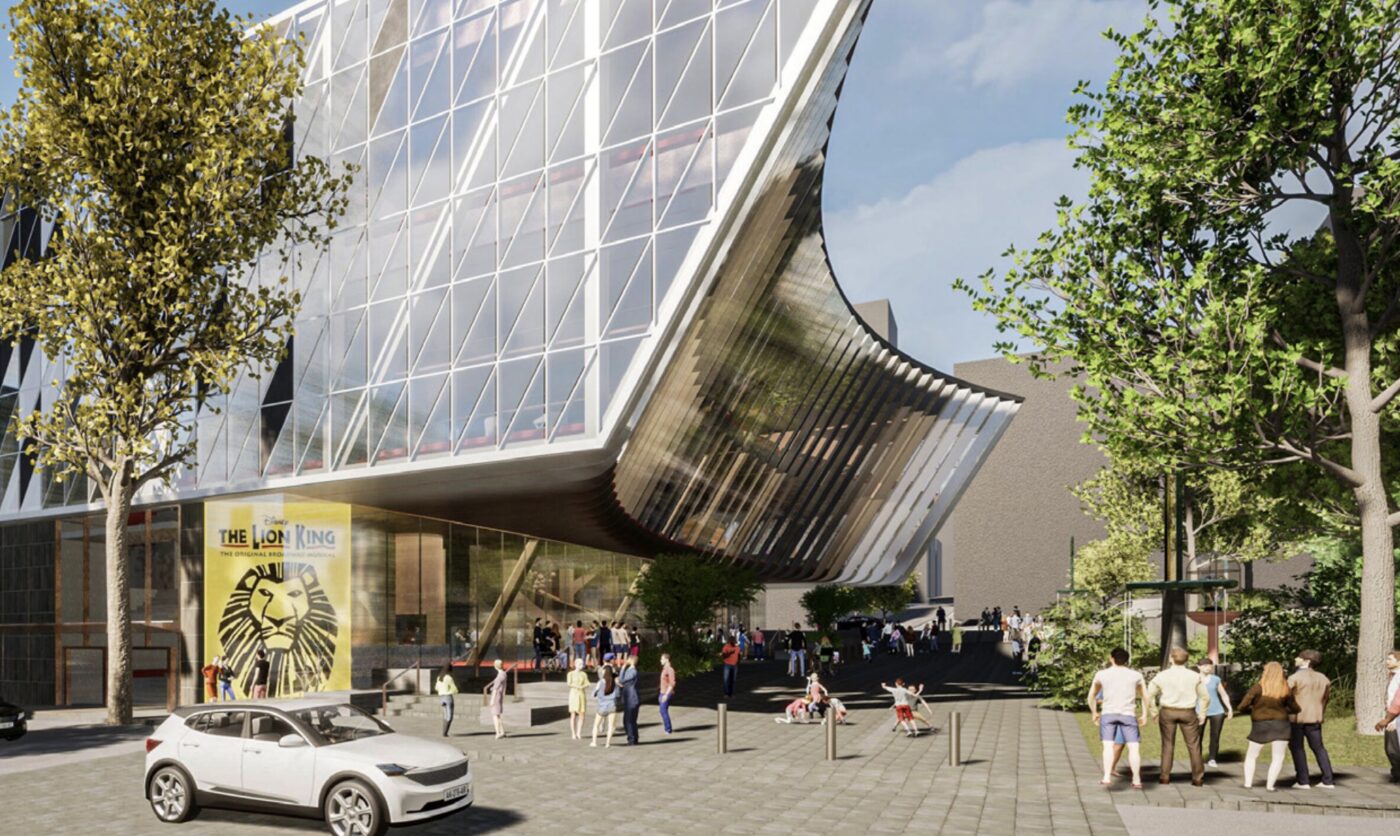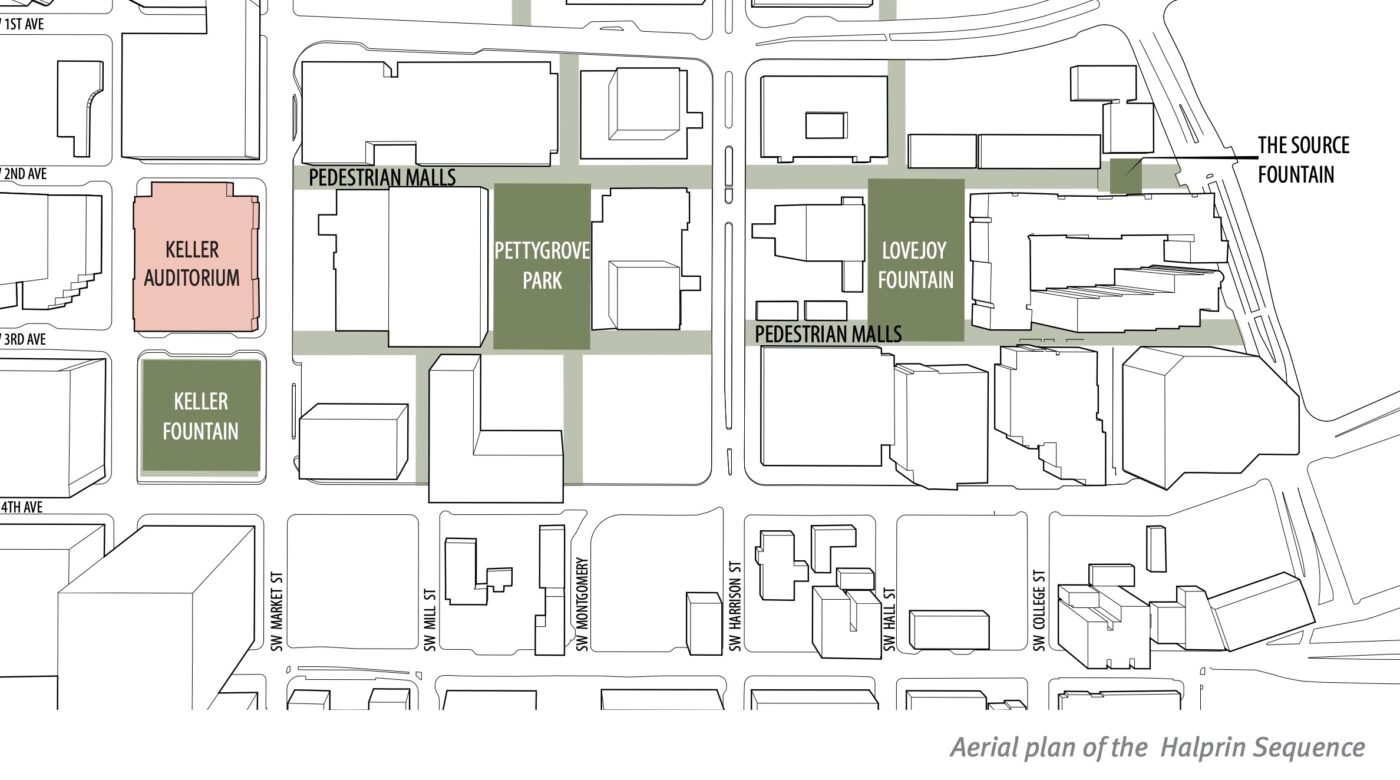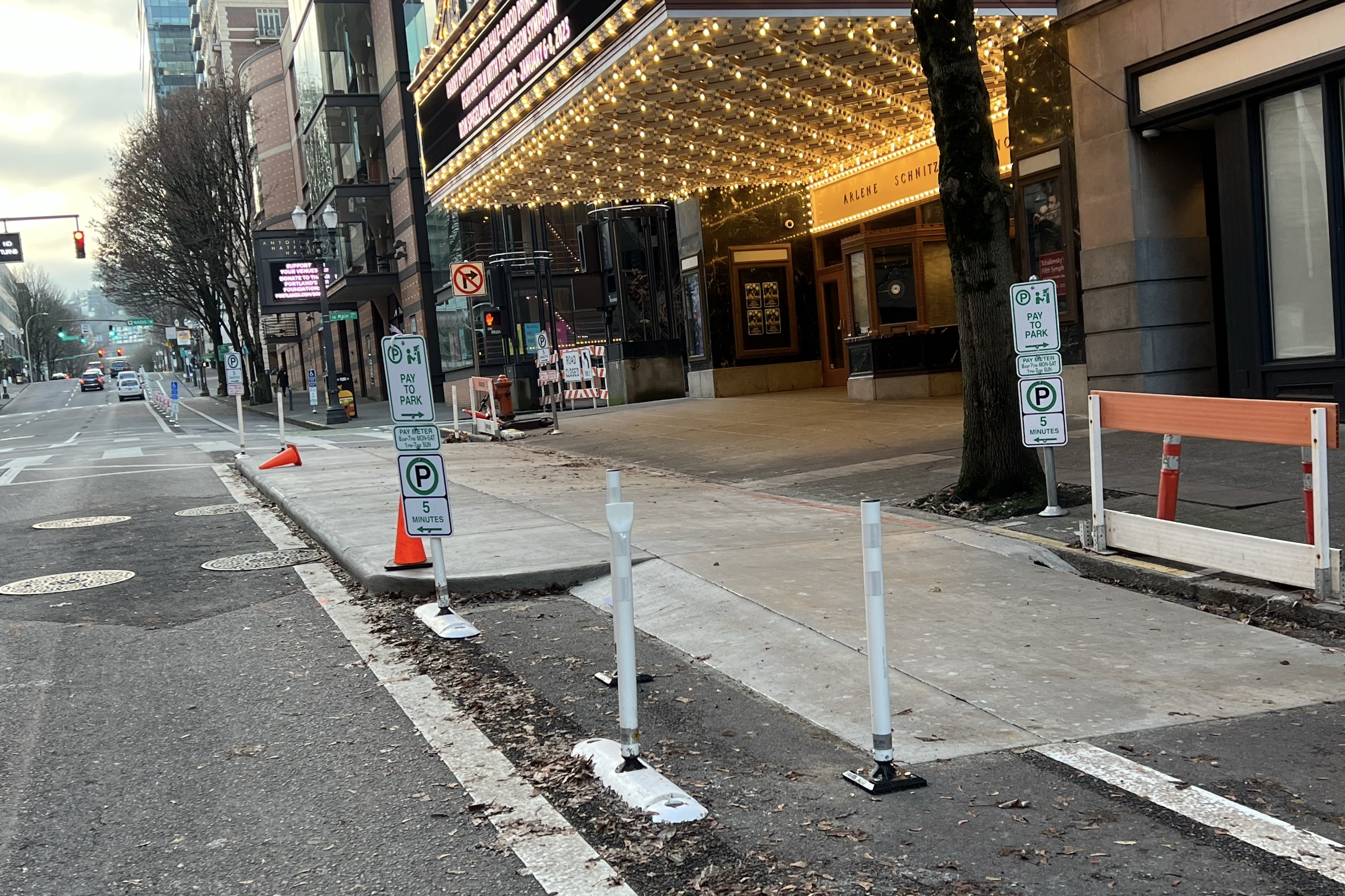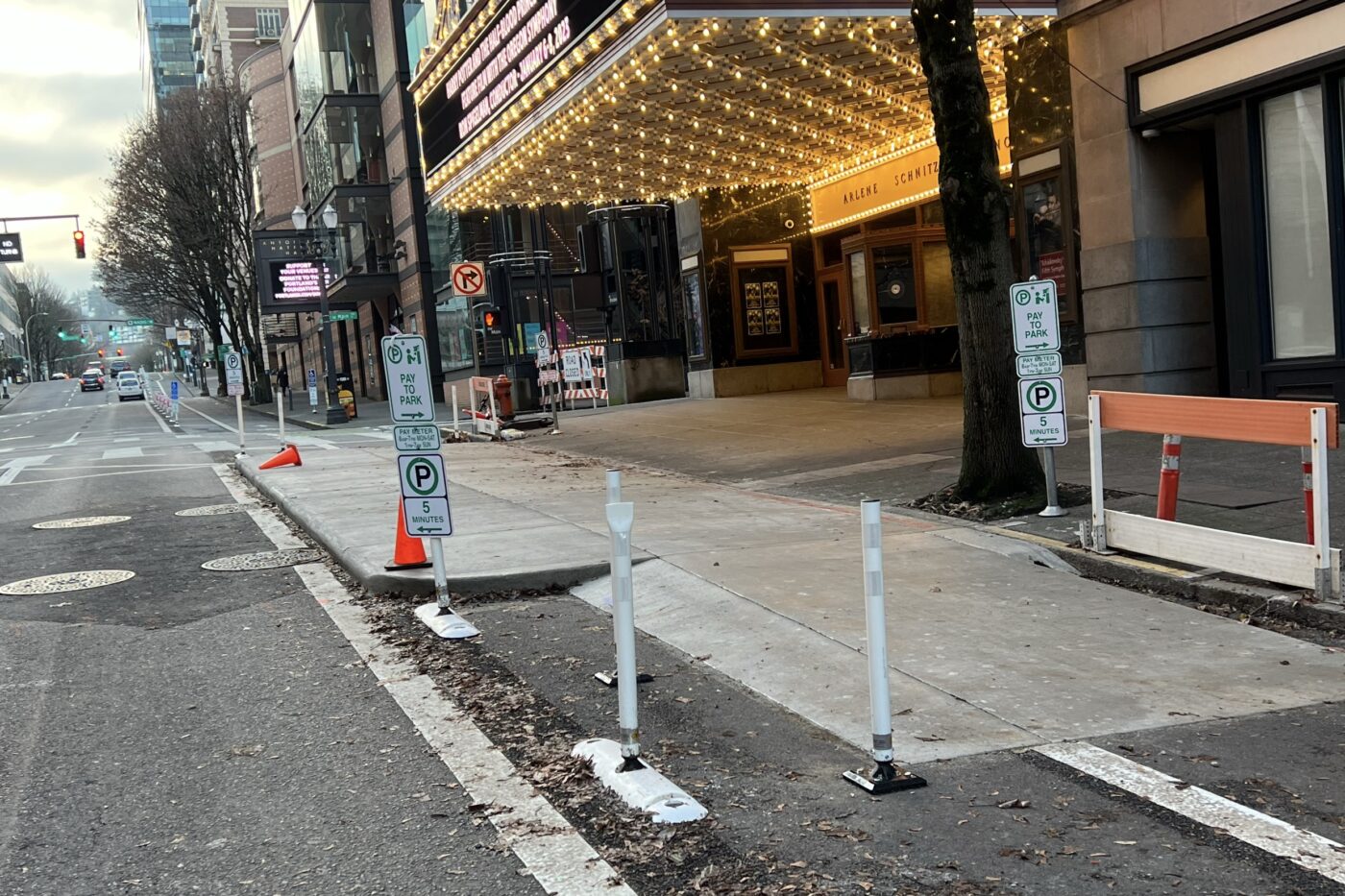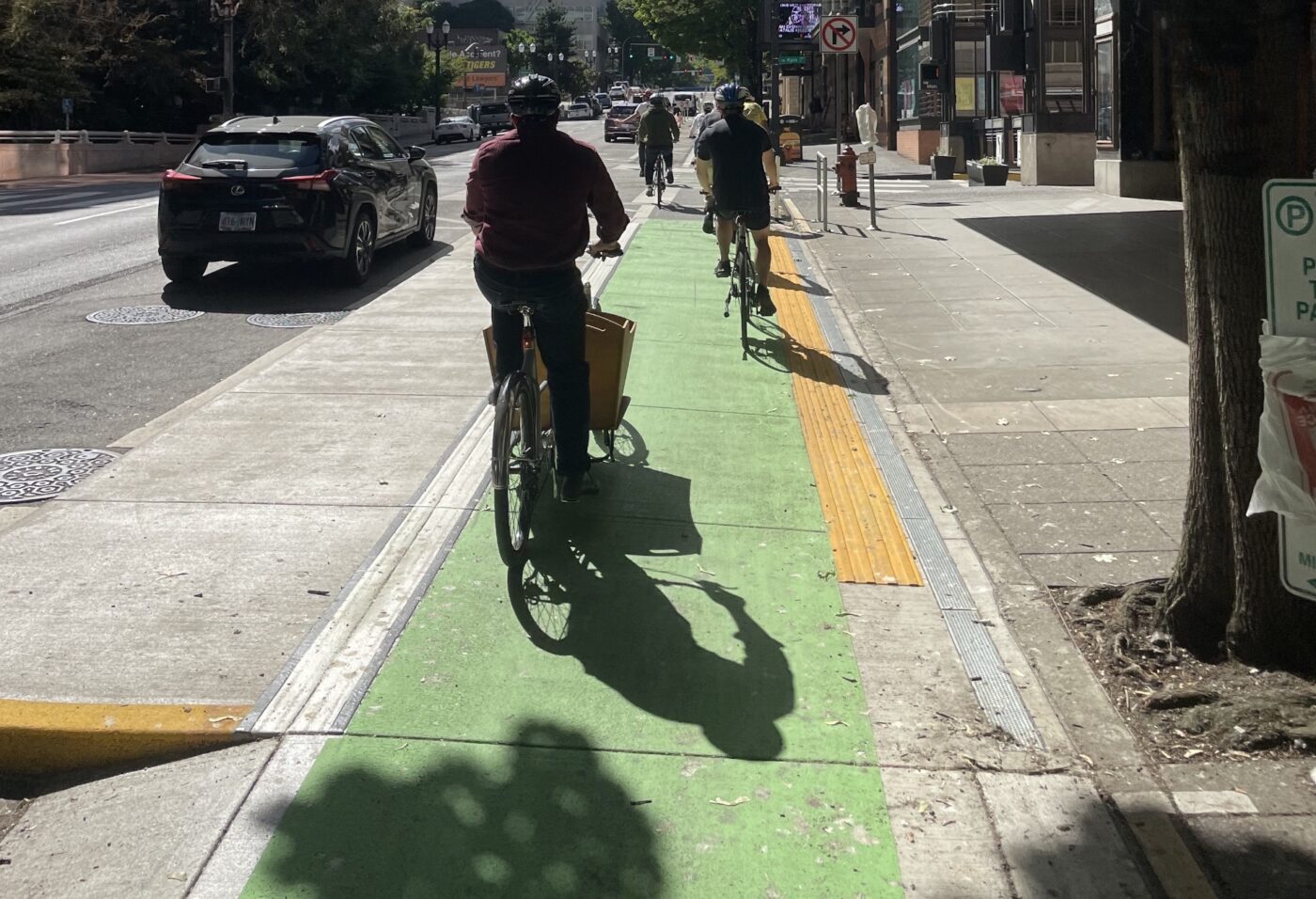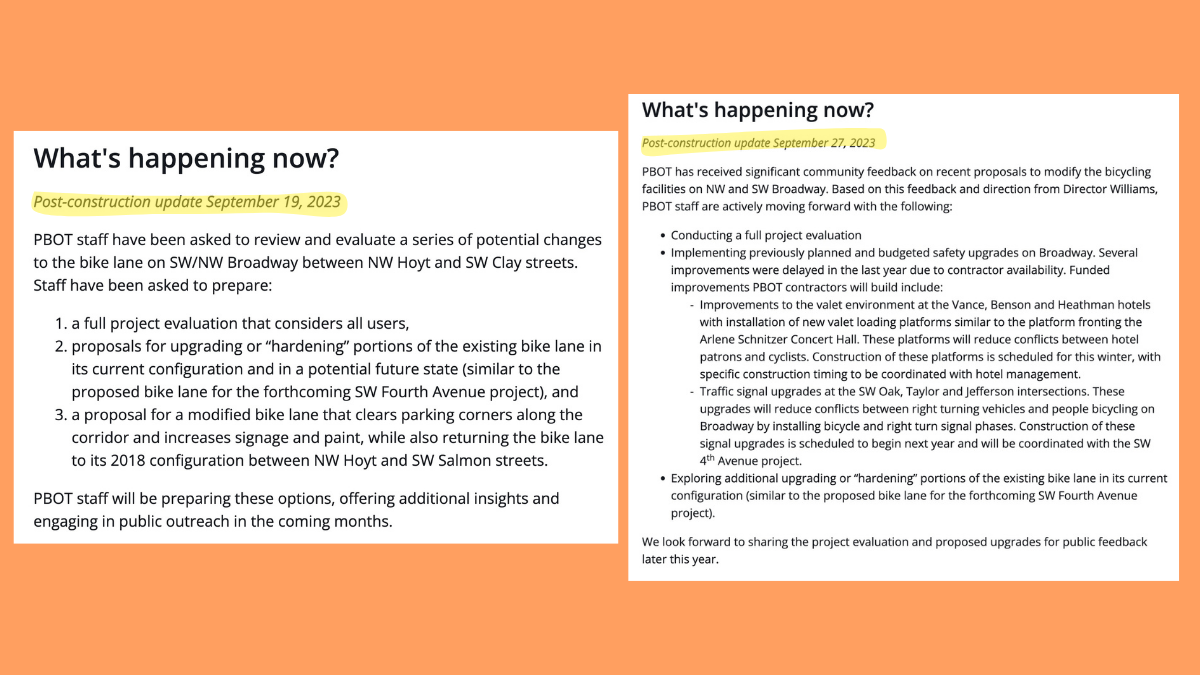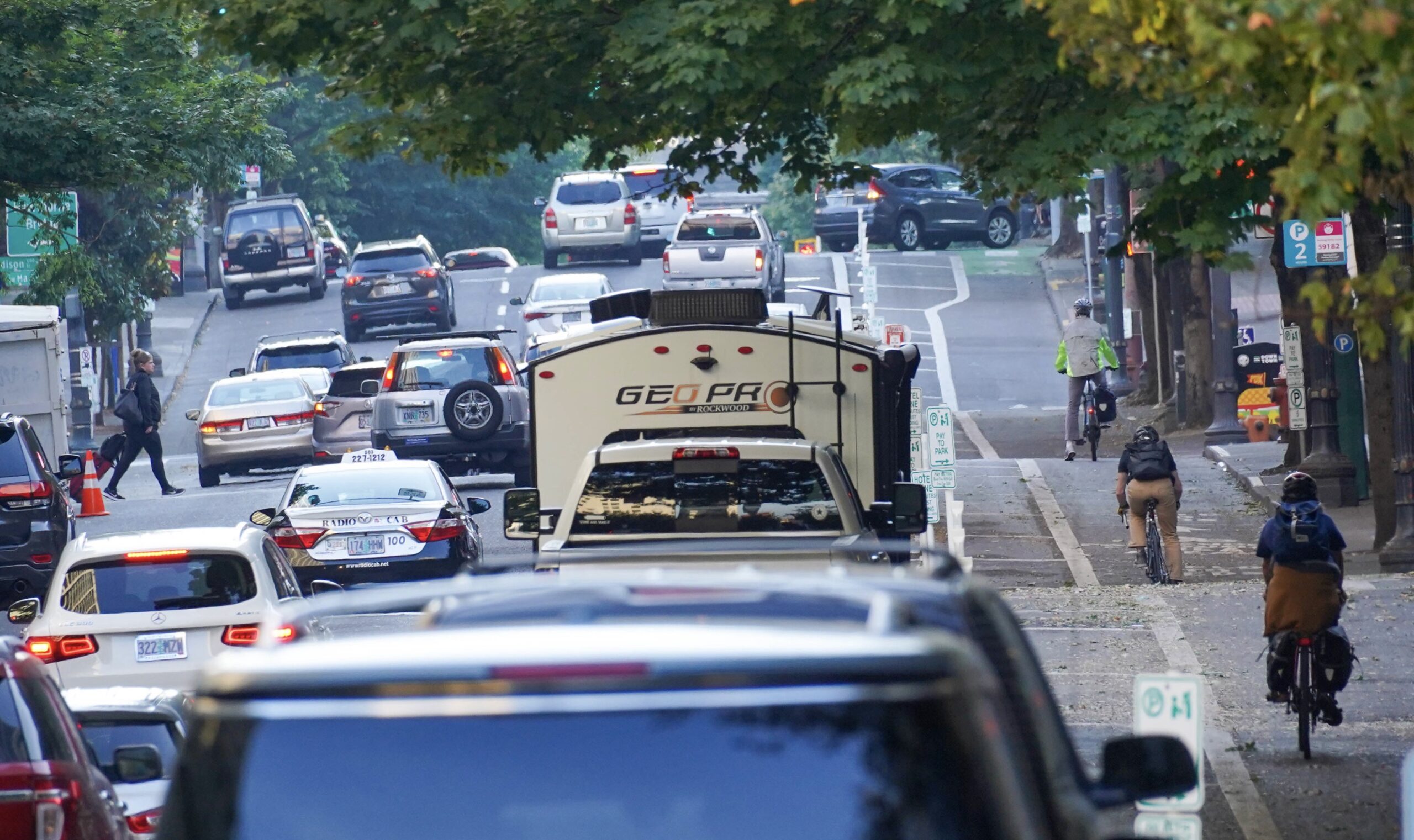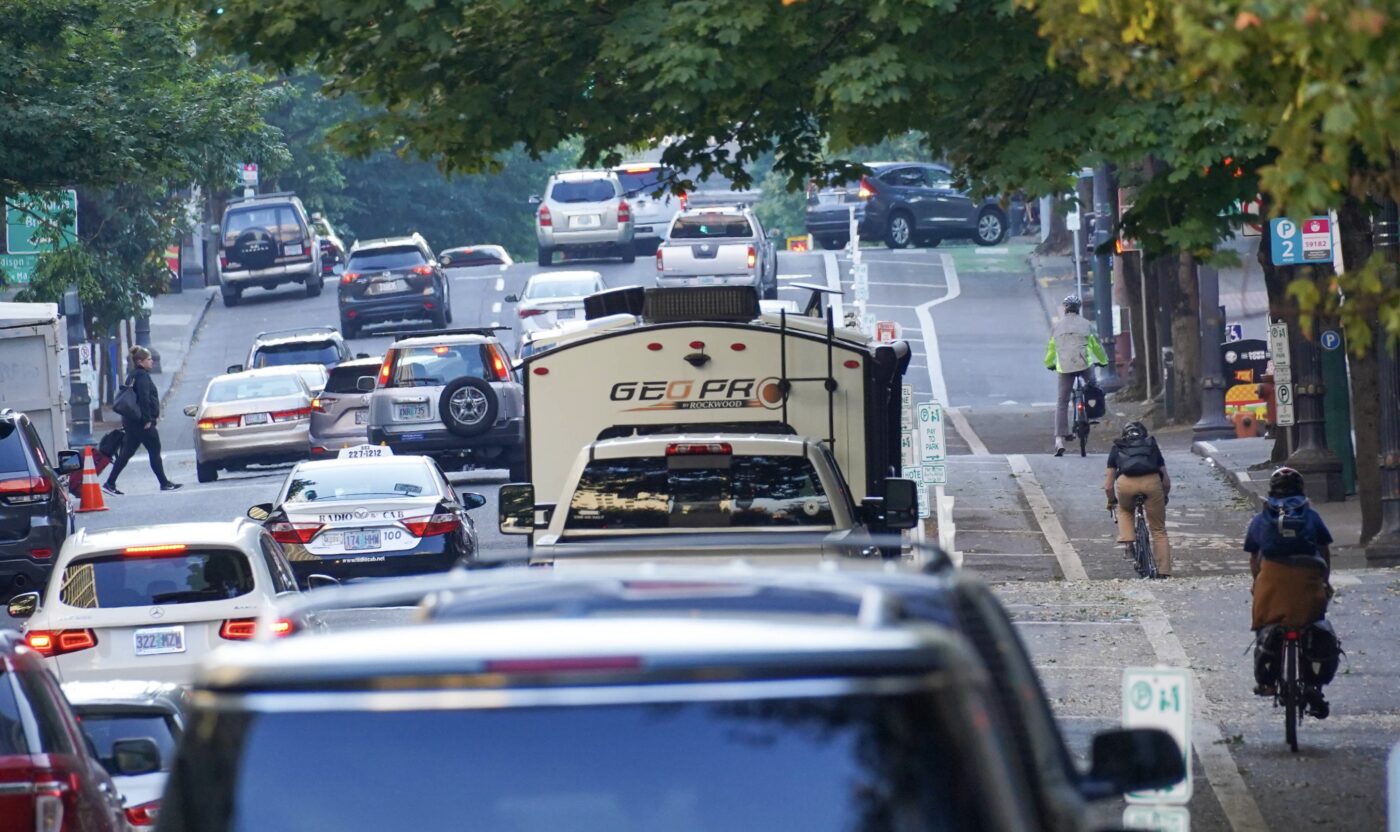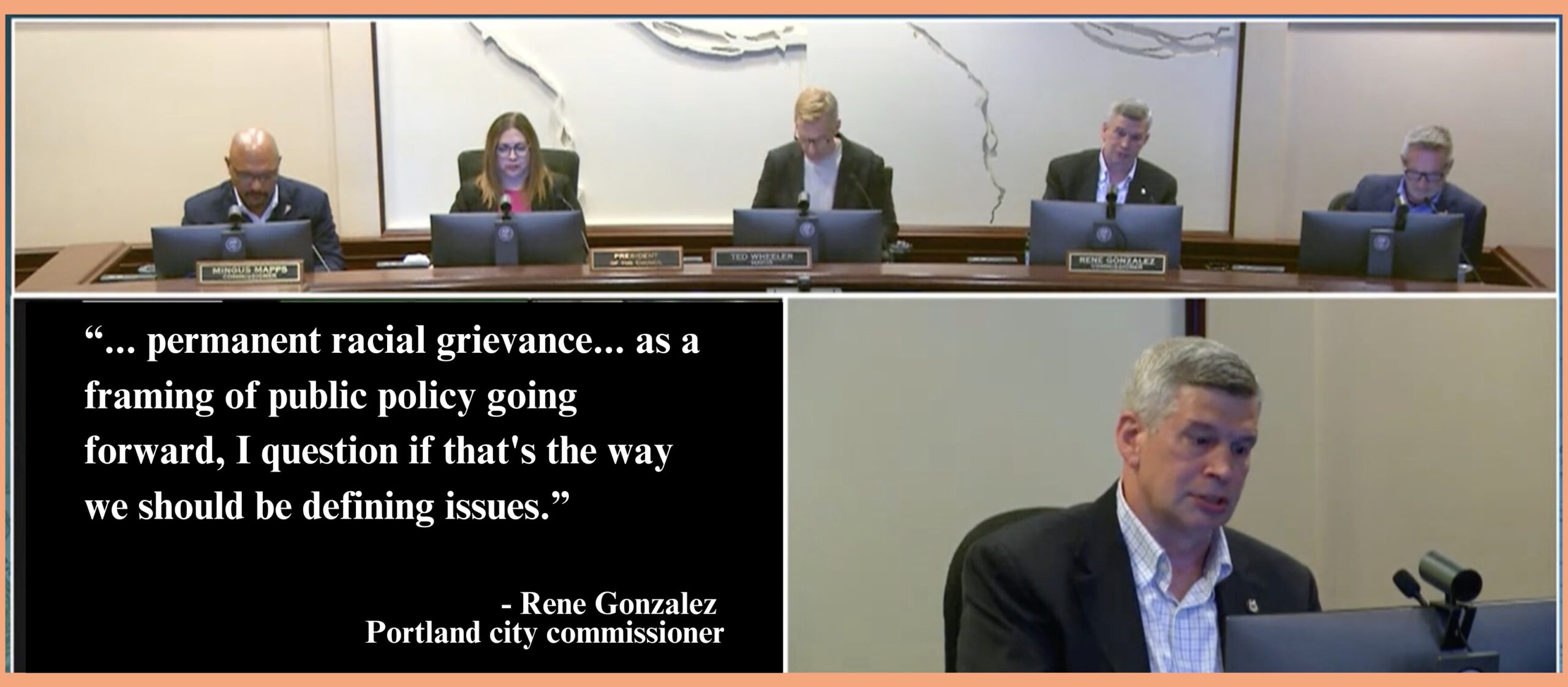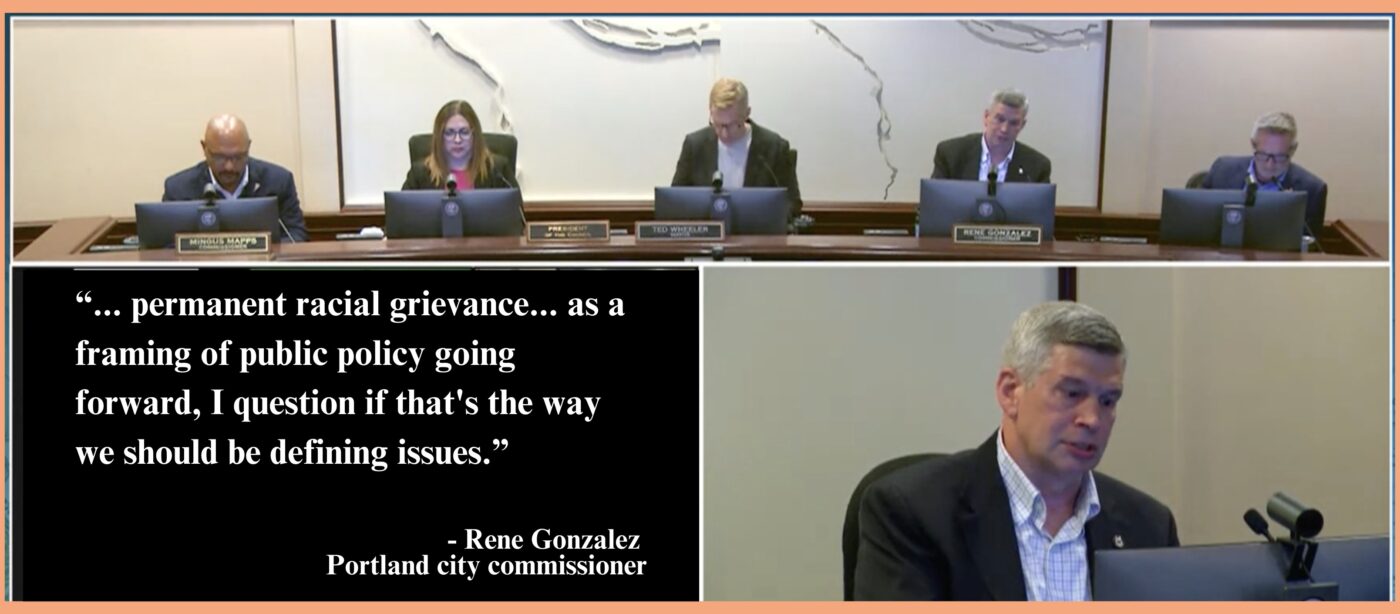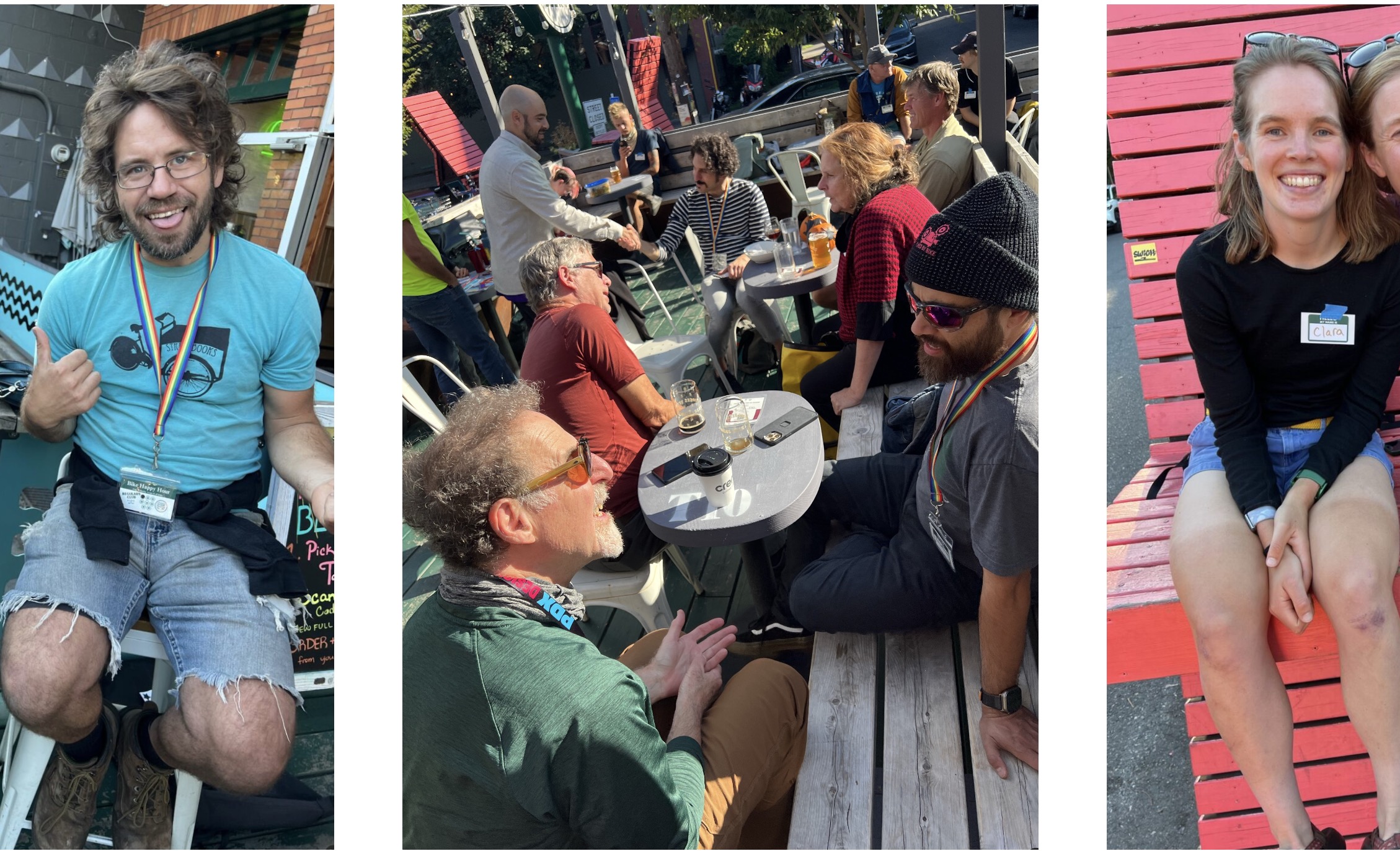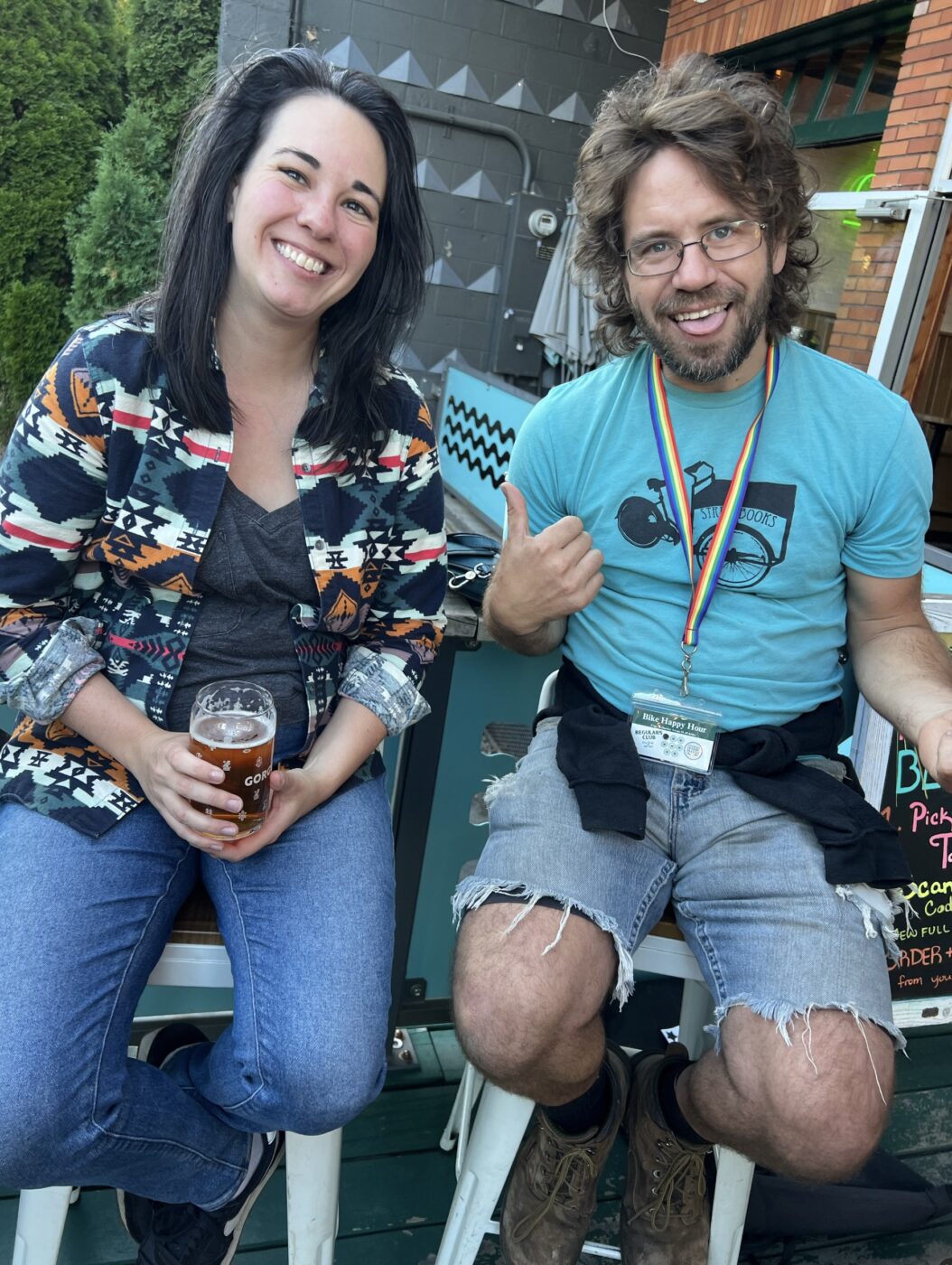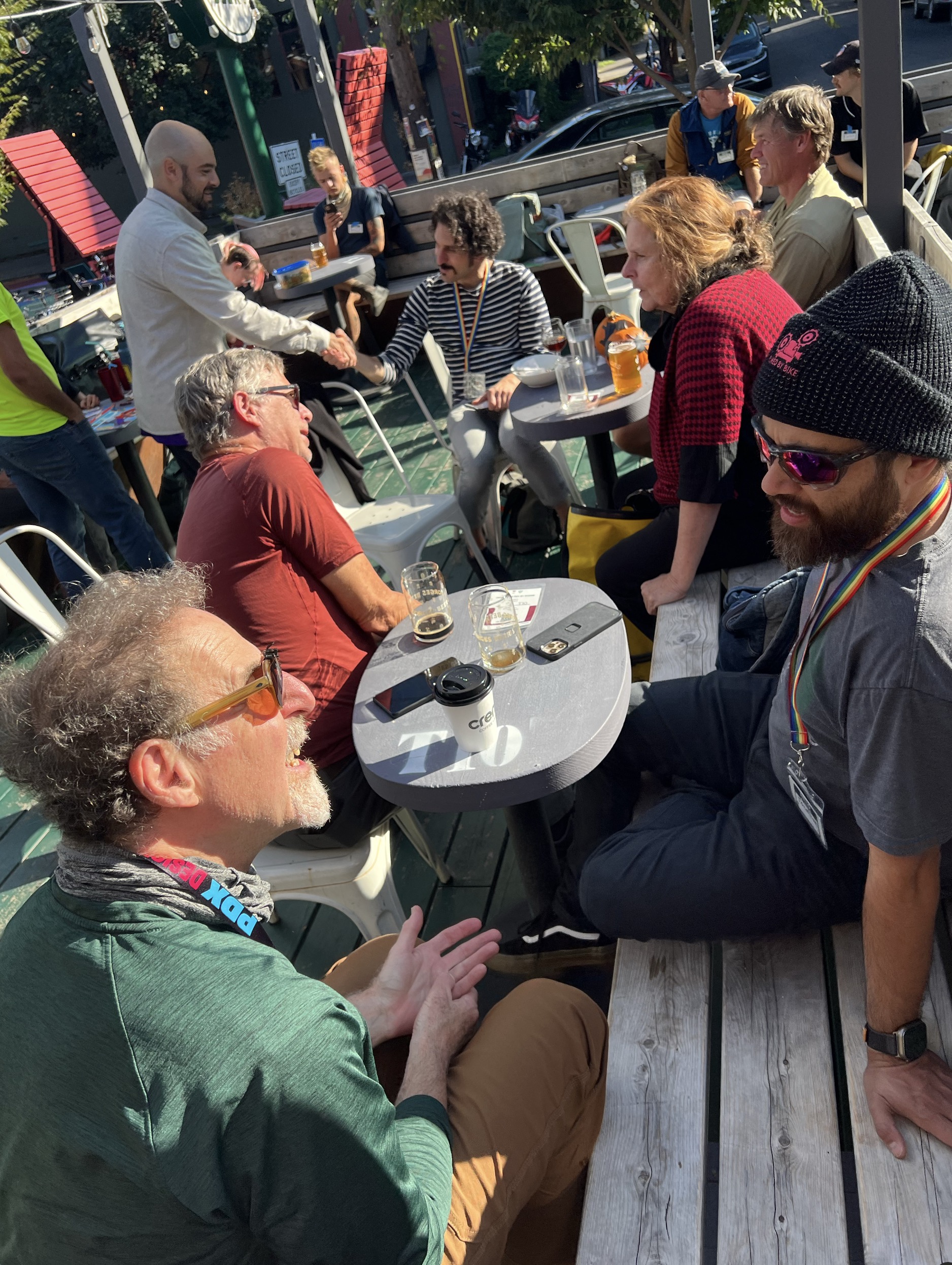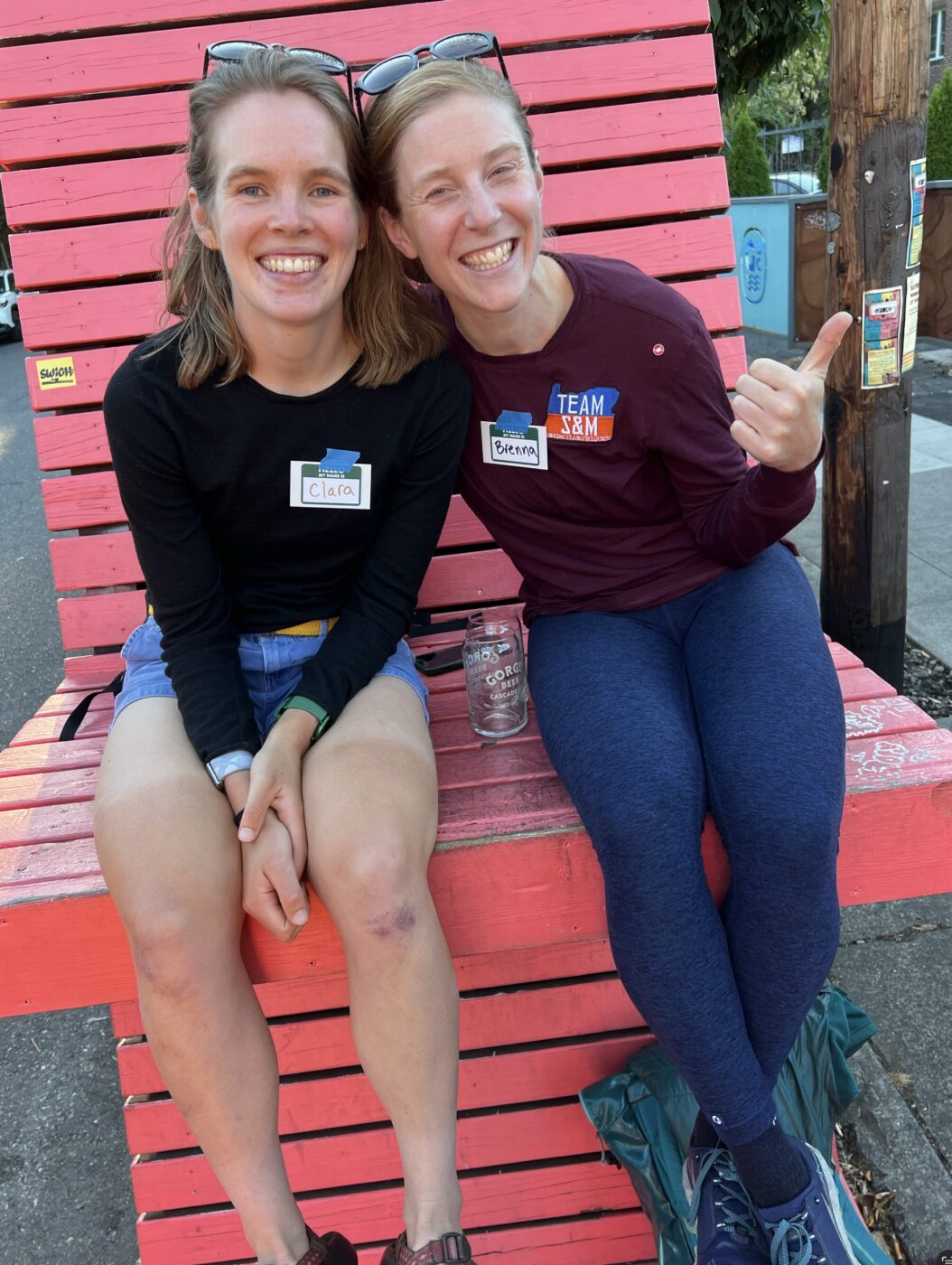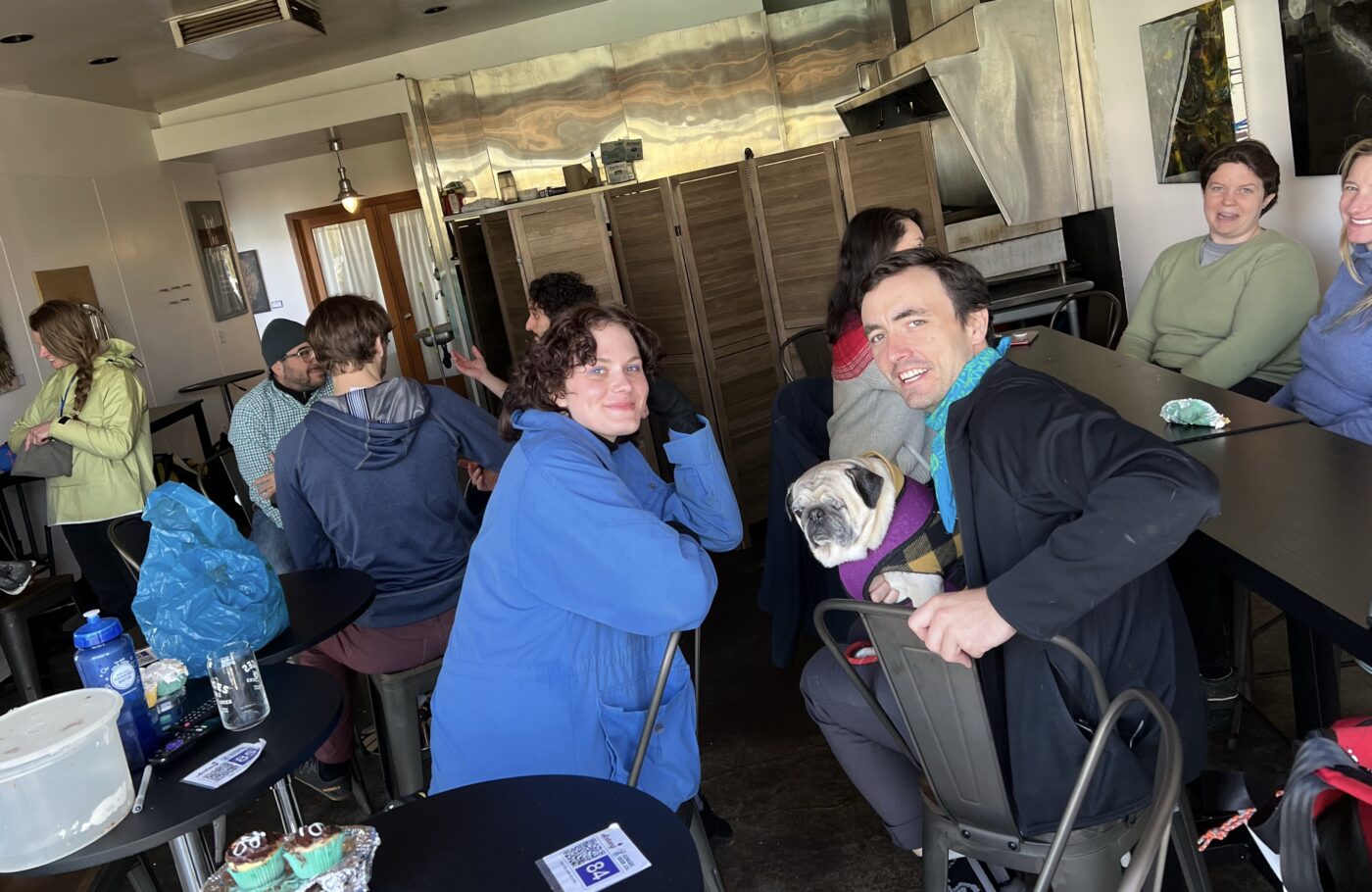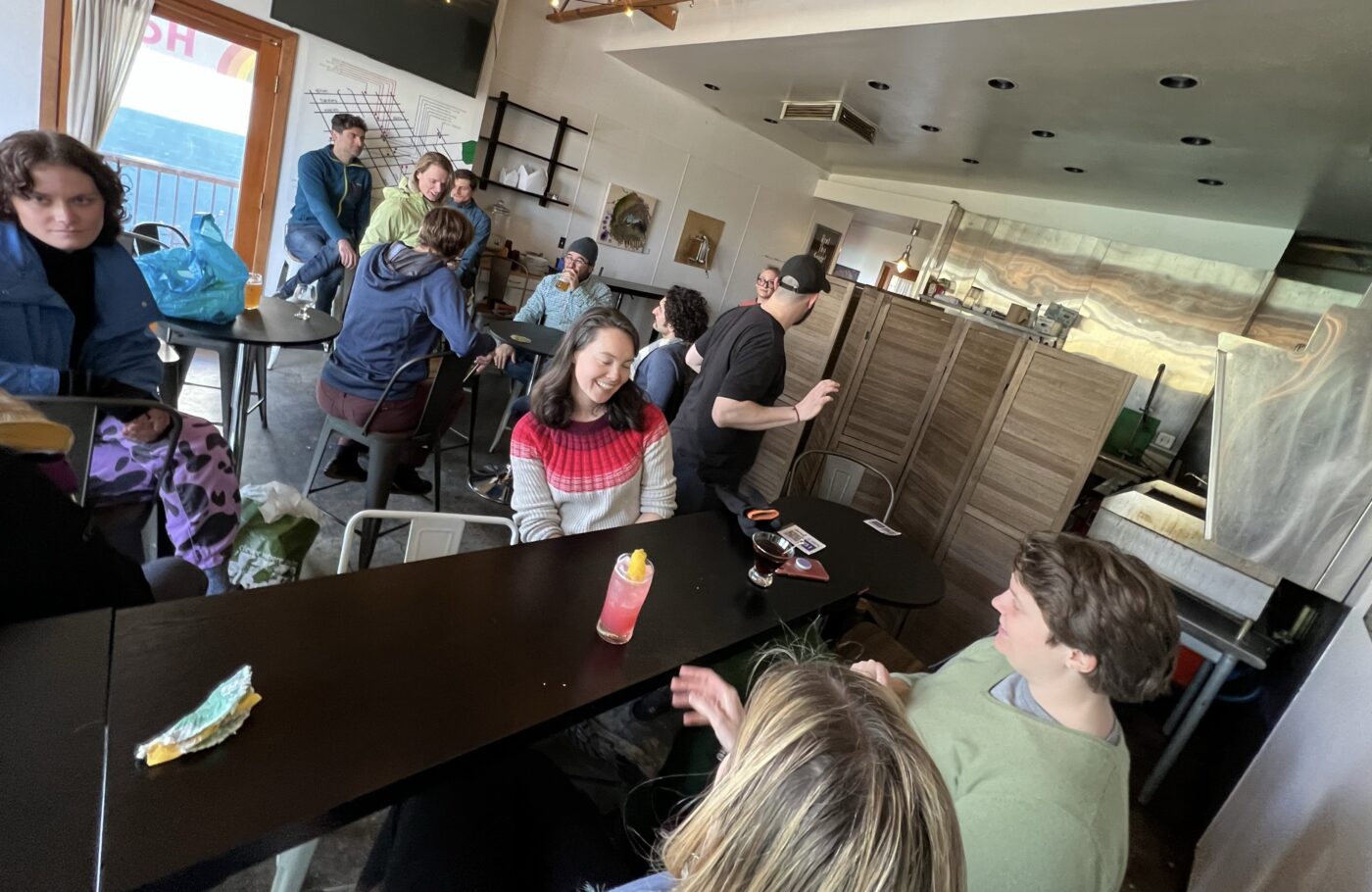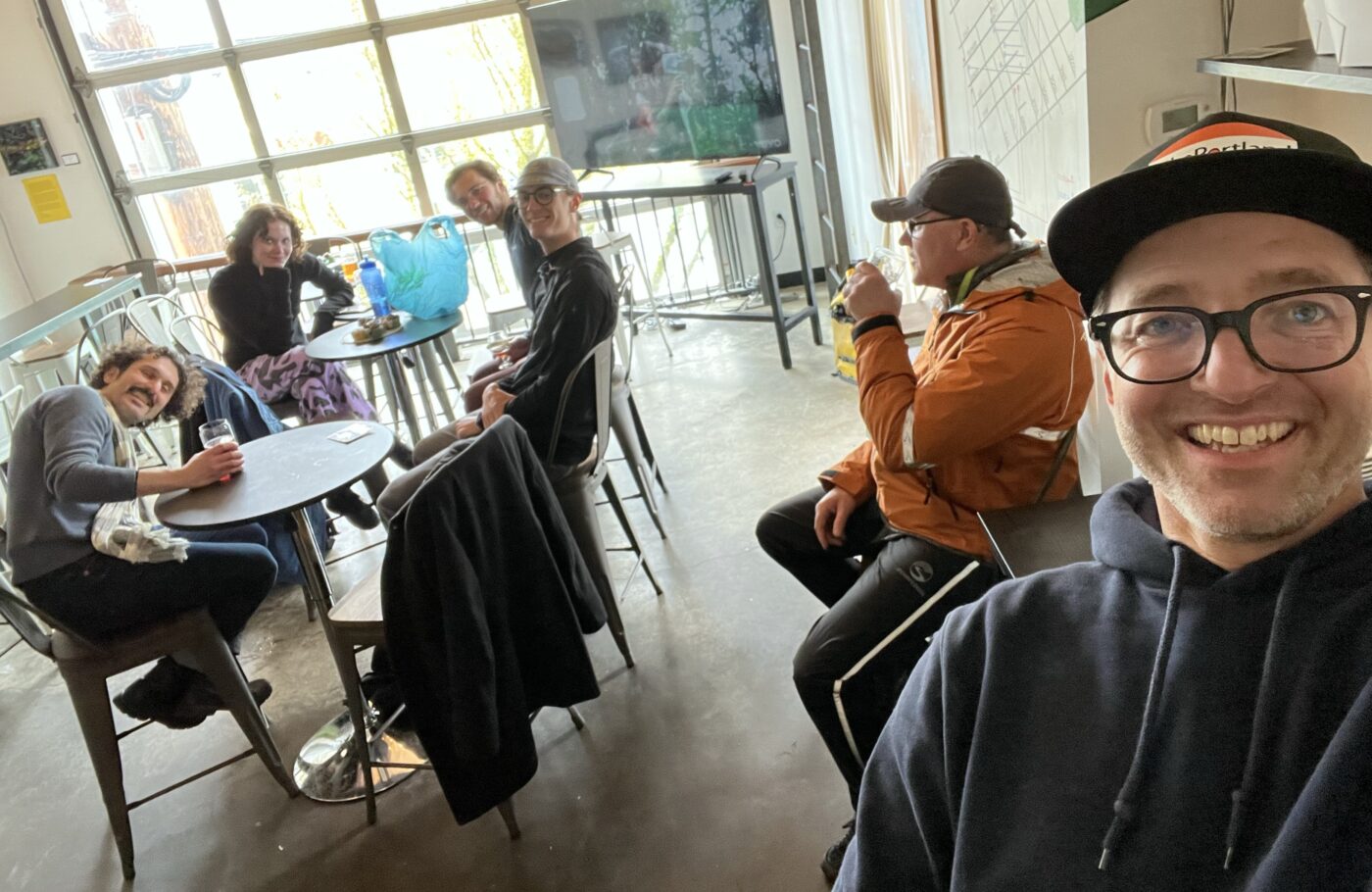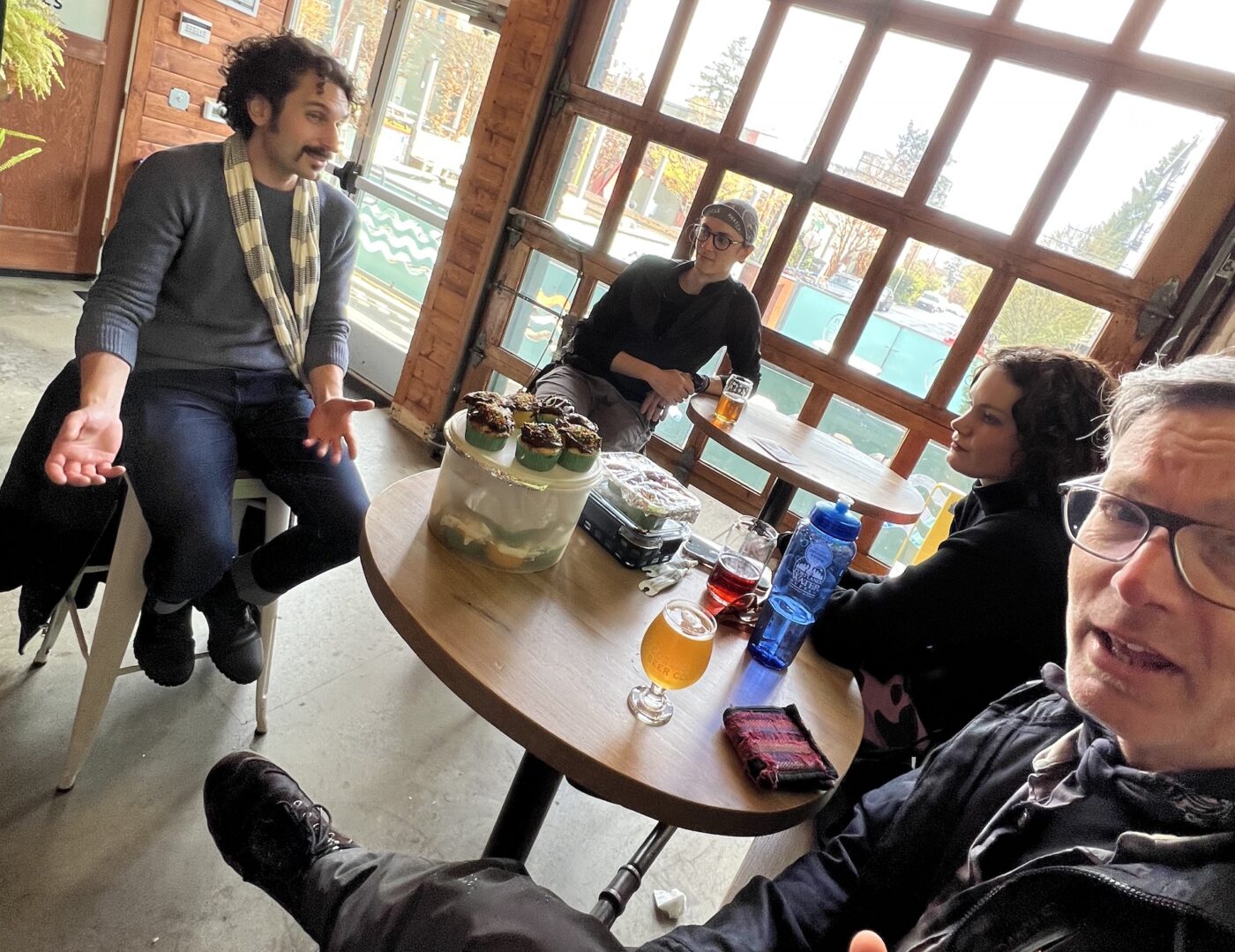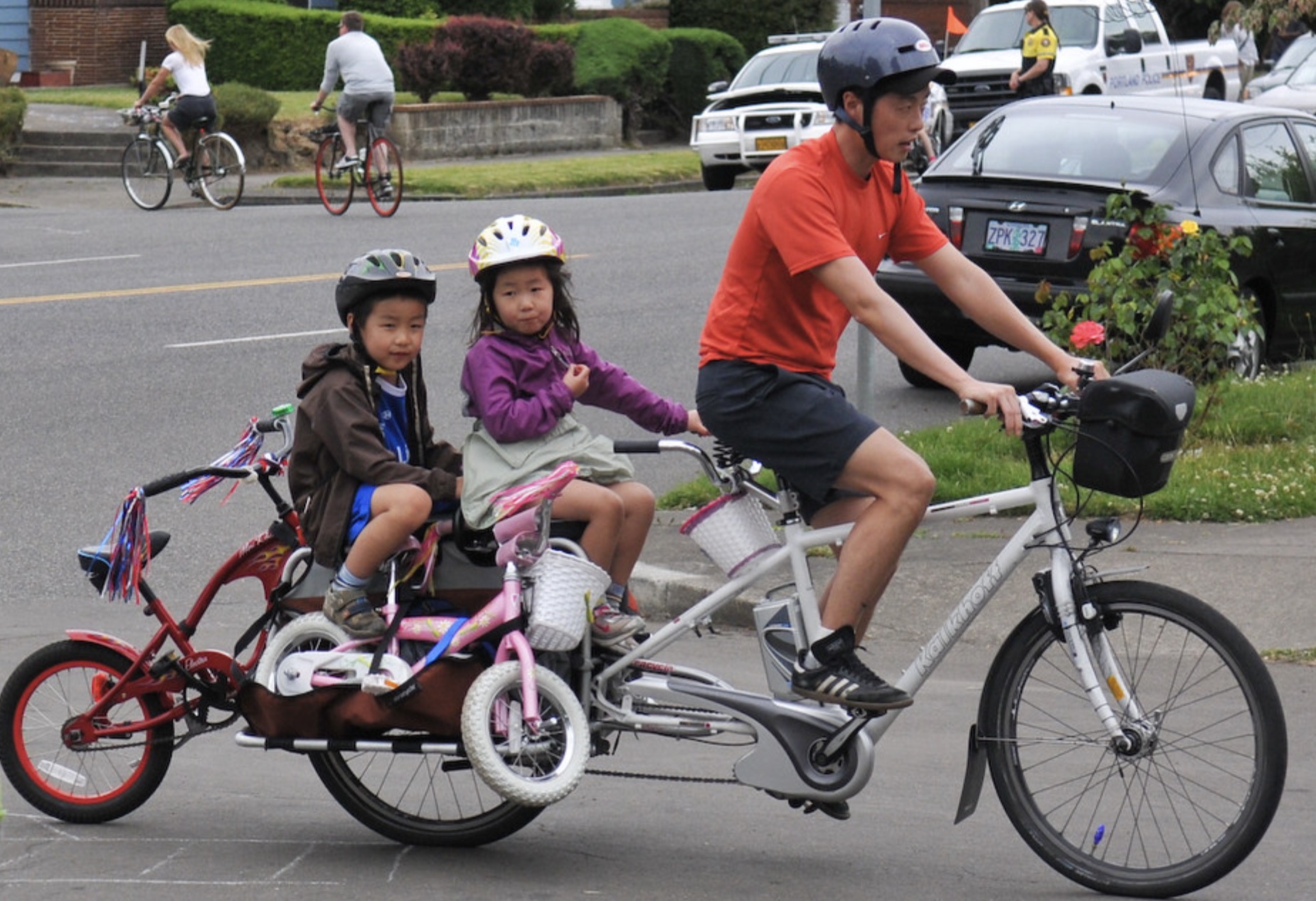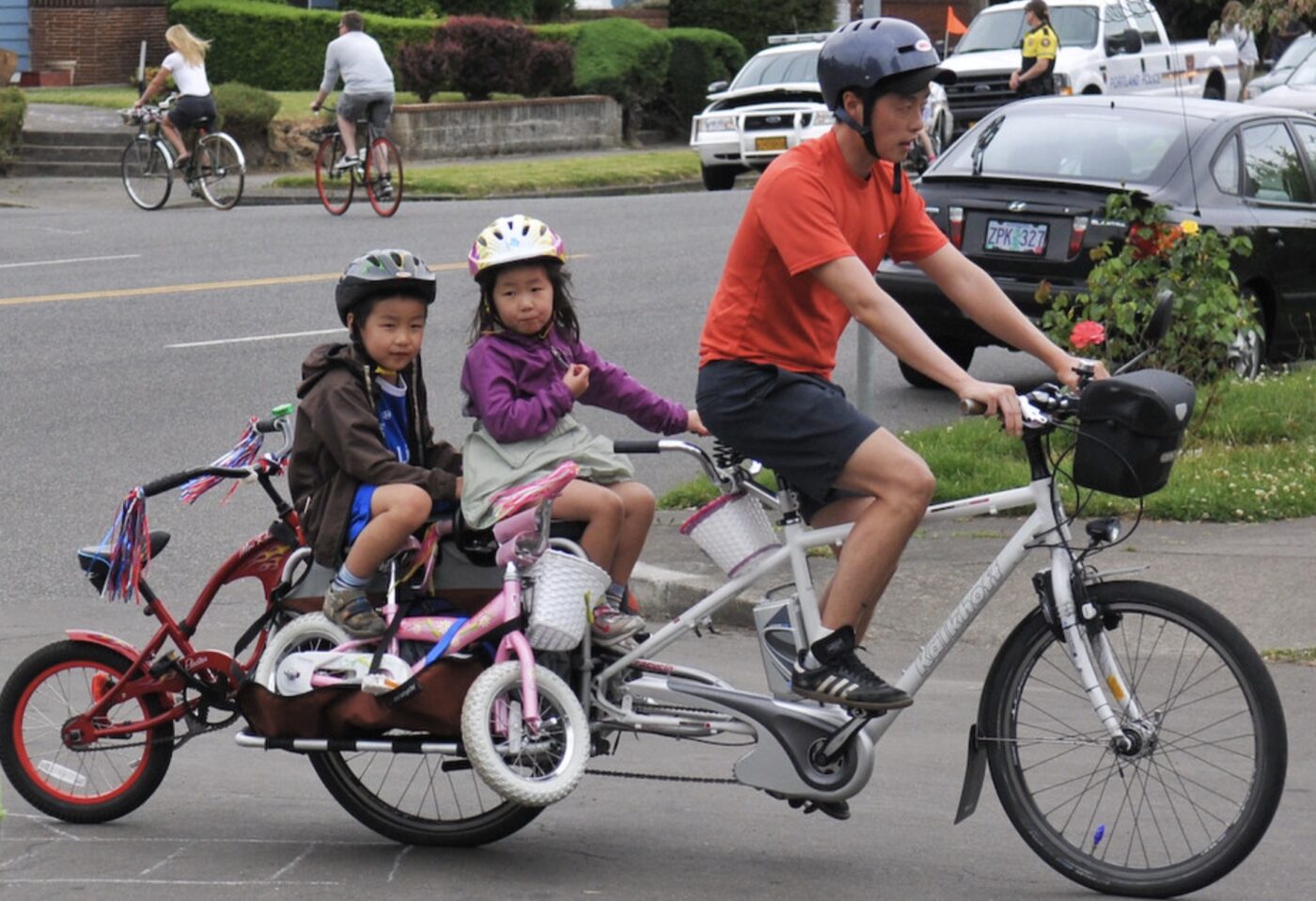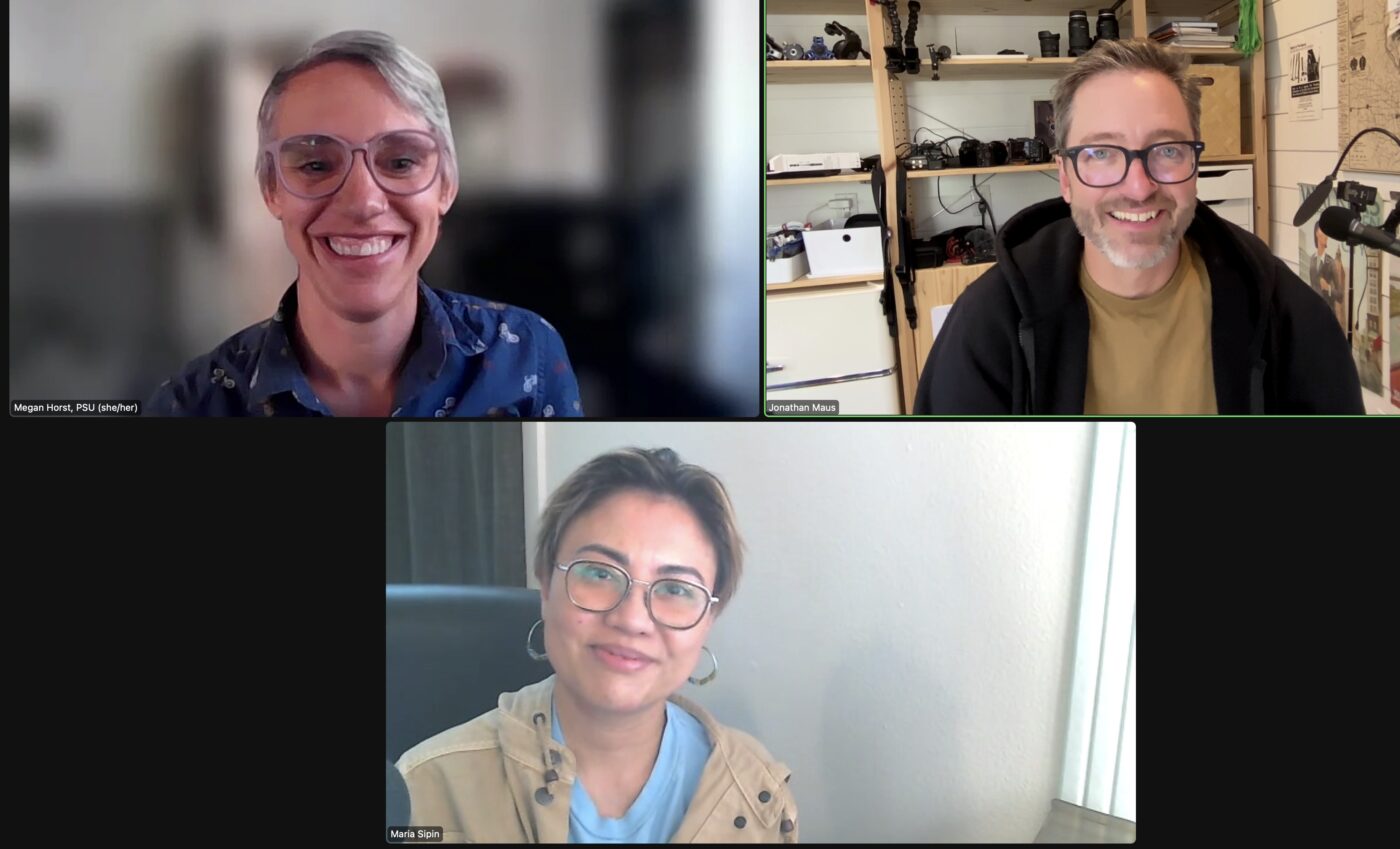Job Title
Instructor Mechanic
Company / Organization
Community Cycling Center
Job Description
ABOUT THE COMMUNITY CYCLING CENTER
For nearly 30 years, we have been a nonprofit organization on a mission to broaden access to bicycling and its benefits. Our vision is to continue building a vibrant community where people of all backgrounds use bicycles to stay healthy and connected. We believe that all Portlanders—regardless of income or background—should have the opportunity to experience the joy, freedom and health benefits of bicycling. This is the motivation behind everything we do.
The Shop Department of the Community Cycling Center consists of a DIY Workspace and retail storefront, regular salvage sales, and occasional pop-ups and events. This department is a revenue stream to provide funding for community programs.
This position splits time operating out of our warehouse workspace and the retail storefront at our membership based workspace in NE Portland. Here at the CCC we value and support one another through the work we do and are committed to working collaboratively to meet our goals. We acknowledge and value diversity and its many intersections. We are proud that people of color, women, neuro-divergent, gender non-conforming and LGBTQIA+ folks choose to work at our organization. We encourage more people from varied and diverse backgrounds to join our lively, talented team.
GENERAL POSITION SUMMARY
The Instructor Mechanic is responsible for working production shifts which include the refurbishment of used bicycles and teardown of donated bikes for recycling and to harvest used parts. Instructor Mechanics will also work shifts in the Alberta street DIY Bicycle Workshop. Those shifts will involve monitoring the appropriate use of tools, checking out the correct specialty tools for a variety of projects, enforcing safety and cleanliness guidelines, and answering questions and providing guidance to people using the workspace. Based on qualifications, Instructor Mechanics may be selected to lead classes or provide one on one instruction to customers. Seasonally, shop staff will need to provide retail support at pop-ups and events. Staff in all positions at the shop will also be responsible for providing support to the Programs department as needed. This may include working mechanic shifts at one of our free
service events or locations, providing ride support at events, or assisting at a learn to ride event.
Working under the direction of the Shop Leadership Team, they will cultivate the delivery of consistent quality of production bikes and used parts, and help meet sales goals and support staff working in their department. Experience in a high-volume shop environment, clear communication skills, and proven effectiveness in supporting staff are crucial to the success of this position.
RESPONSIBILITIES
Production Shifts
• Assess and repair bicycles for retail sale and for use in our programs
• Perform teardowns to harvest parts and recyclable material from donated bikes Workshop
• Monitor member’s use of the shared workspace (proper tool use, follow safety guidelines, cleanup workspace after use, etc.)
• Be prepared and able to answer any mechanical or bike related questions customers may have, guide them to a resource, or be able to help them research the answer
• Observe tool and equipment use and instruct proper use of tools and equipment
• Be able to confidently help customers complete projects from beginning to end if they buy one-on-one time with a mechanic
• Instruct organized classes on a variety of bike related topics including but not limited to brake adjustments, shift adjustments, bike care and maintenance, flat repair, tubeless setup and maintenance, wheel build and truing, etc.
• Make sure members are following all safety guidelines for working in the space Sales and Service
• Assist customers with the purchase of used bikes, and new and used parts and accessories during salvage sales, pop-ups and events, and from the retail store at the workshop
• Perform a la carte, on the spot repairs on bikes during salvage sales, at pop-ups and events
Programs
• Provide mechanical support to programs for ongoing projects and programs events as needed throughout the year
General
• Participate with all staff in the ordering process to ensure we have adequate workspace supplies and inventory to support the department’s operation
• Participate in regular tool audits
• Moving & lifting bicycles up to 50 lbs. is a regular part of this job but reasonable accommodation can be made
Other Responsibilities (10%)
• Help advance the mission of the Community Cycling Center across all departments
• Contribute to a standard work environment – answer phones, maintain a safe, clean & organized workspace
• Work as directed by senior staff to contribute to the training and support of less-experienced mechanics, including youth interns and apprentices
• Other duties as assigned
REQUIRED SKILLS AND QUALIFICATIONS
• Customer service experience
• Familiarity and working knowledge of a large variety of new and used bicycle related components
• 3+ years of professional bike mechanic experience
• Strong interpersonal communication skills
• Strong organizational skills including the ability to manage multiple assignments simultaneously
• Ability to meet project deadlines and account for detailed objectives
• Experience and success in creating inclusive work environments where people from diverse backgrounds feel safe and welcome
• Must be available to work at least 2 night shifts (2pm-10:30pm) per week in the Workshop at the Alberta location
• Must be available to work weekends
• Ability to lift, bend, squat, climb and more—this is a physically demanding job but reasonable accommodations can be made
PREFERRED SKILLS AND QUALIFICATIONS
• 5+ years of professional bike mechanic experience
• Attention to detail and a methodical approach to accomplishing tasks
• Experience with workflow improvement methods
• Experience in a high-volume shop
• Valid driver’s license
• Experience with Lightspeed POS, Excel, Microsoft Office Suite, Adobe
• Proficiency in Spanish
REPORTS TO: Shop Director and Processing and Production Manager
UNION/NON UNION: Union – ILWU Local 5
HOURS: Full Time (40 hours)
COMPENSATION: $21
TERM: Permanent
SCHEDULE: 5 day week, workdays may vary, hours may fluctuate, will work nights
BENEFITS: Health, dental and vision, 401k, 144 hrs of PTO at FT + 69 hrs of sick time
How to Apply
HOW TO APPLY: Send your resume, cover letter, and (3) references to
Jobs@CommunityCyclingCenter.org with the subject line “Instructor Mechanic.” No phone calls, please.


